Book Culture Club events

Author talk by Tim Tim Cheng
2025 | 81 mins
辨識與支援精神困擾人士:《外展精神科工作血淚史》作家分享會
2024 | 82 mins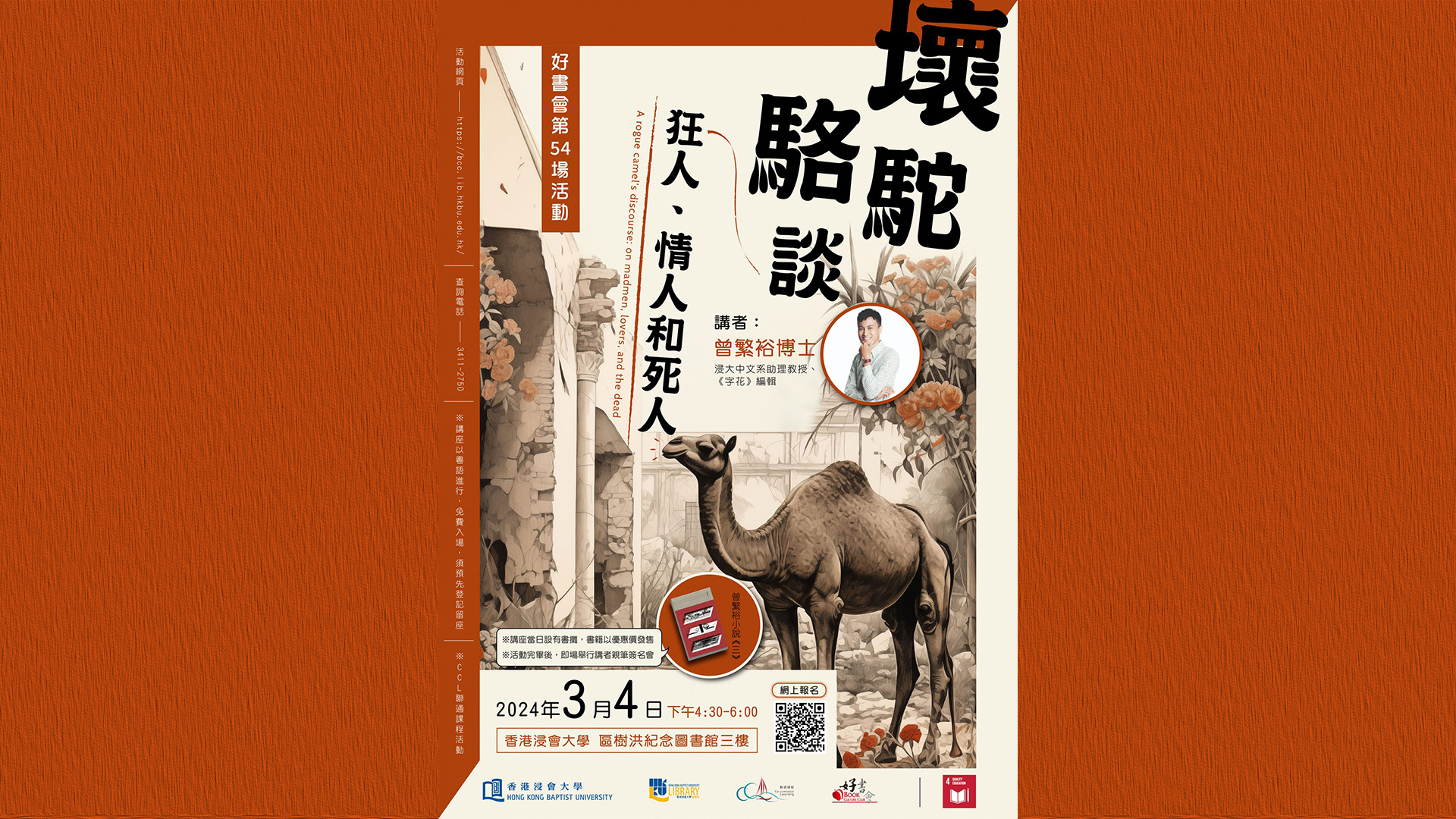
壞駱駝談狂人、情人和死人
2024 | 79 mins
提燈者言:廣華醫院護理教育歷史
2023 | 88 mins
從土生土長,到圖生圖長
2023 | 92 mins
食物與植物:香港食農教育與文化
2022 | 69 mins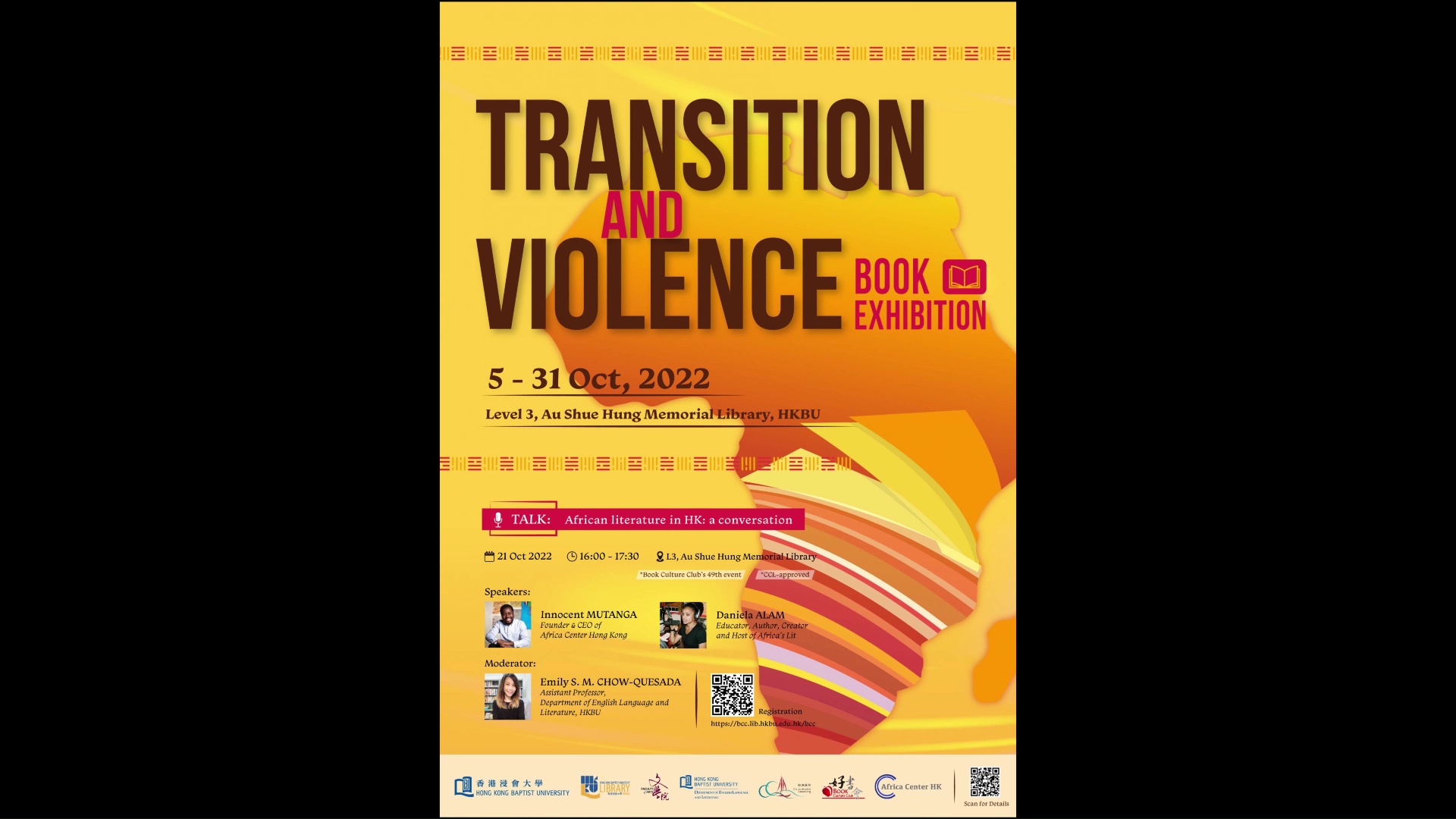
African Literature in HK: a conversation
2022 | 83 mins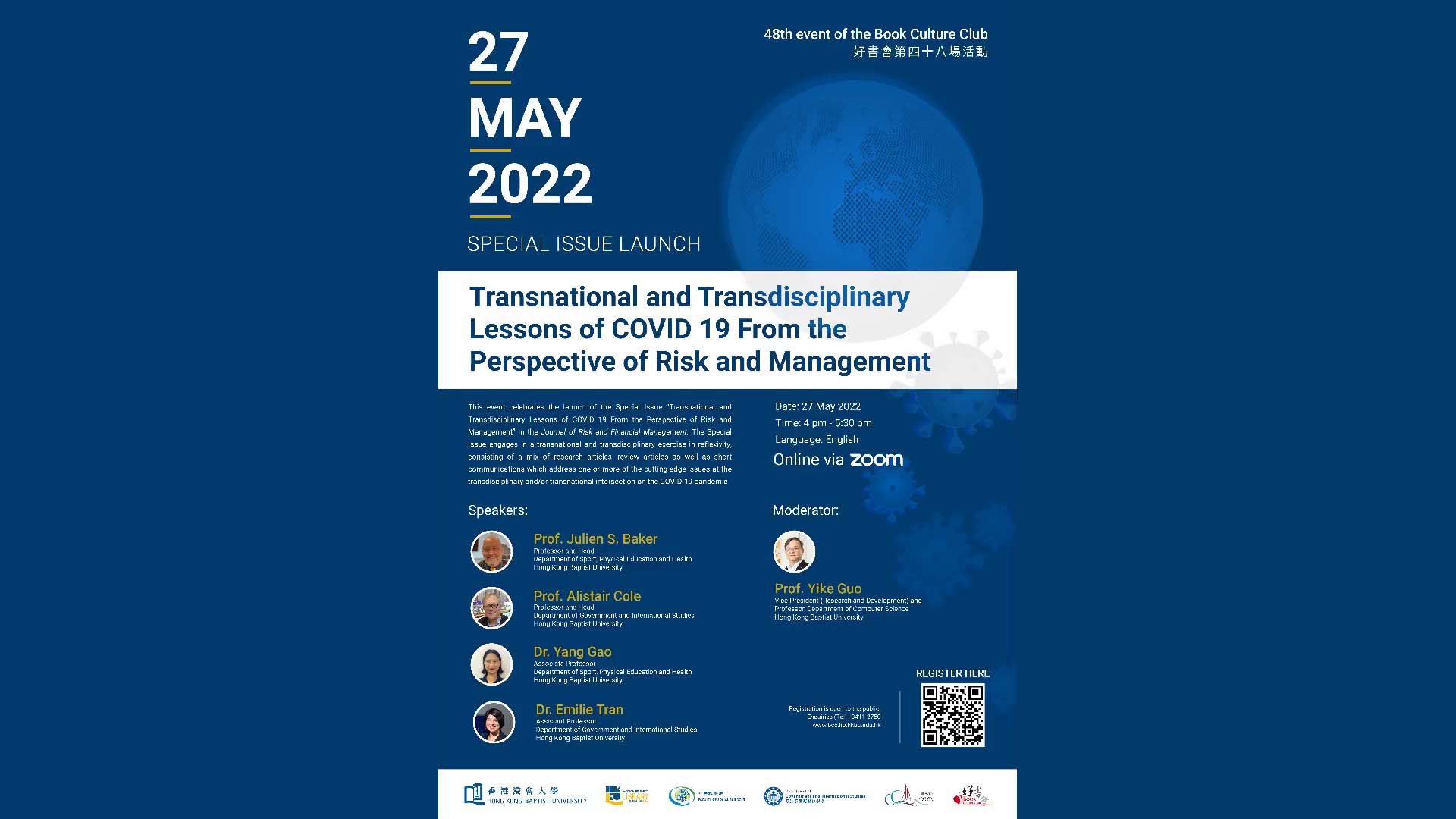
Special Issue Launch: Transnational and Transdisciplinary Lessons of COVID 19 From the Perspective of Risk and Management
2022 | 70 mins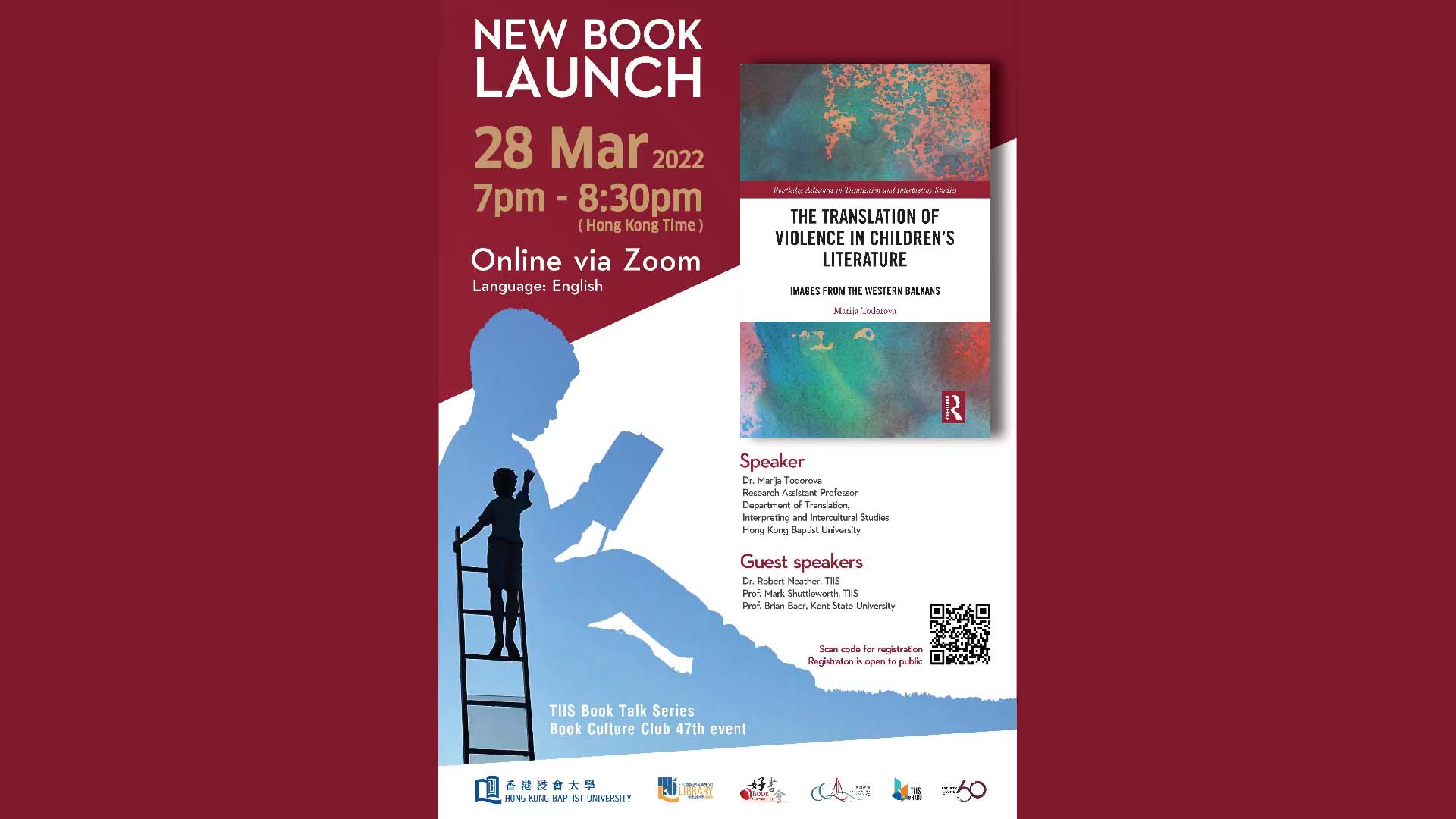
Book Launch: The translation of violence in children’s literature: images from the Western Balkans
2022 | 88 mins
Book Launch: Everyday Physics - Colors, Light and Optical Illusions
2021 | 56 mins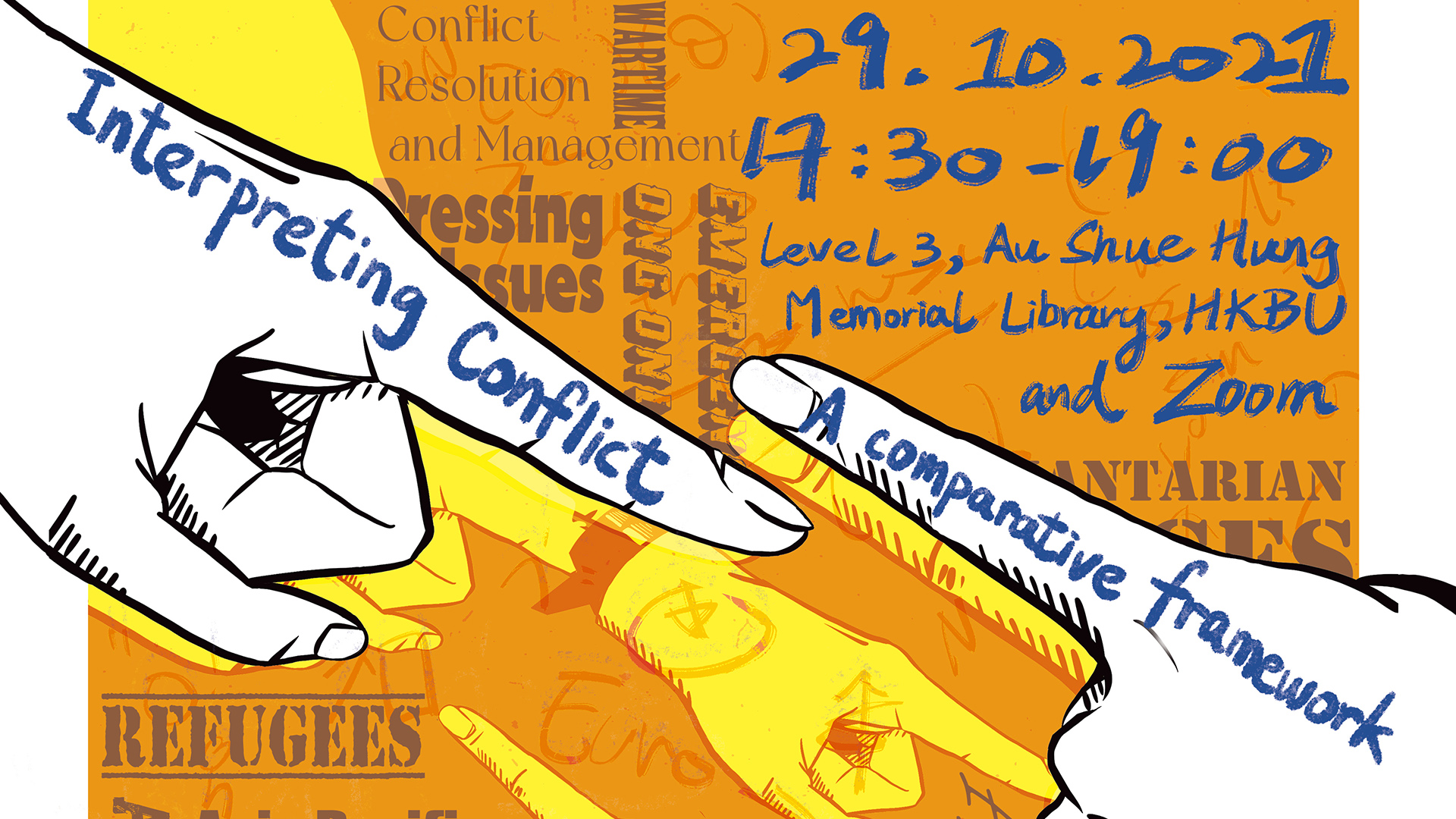
New book launch : "Interpreting conflict : a comparative framework"
2021 | 62 mins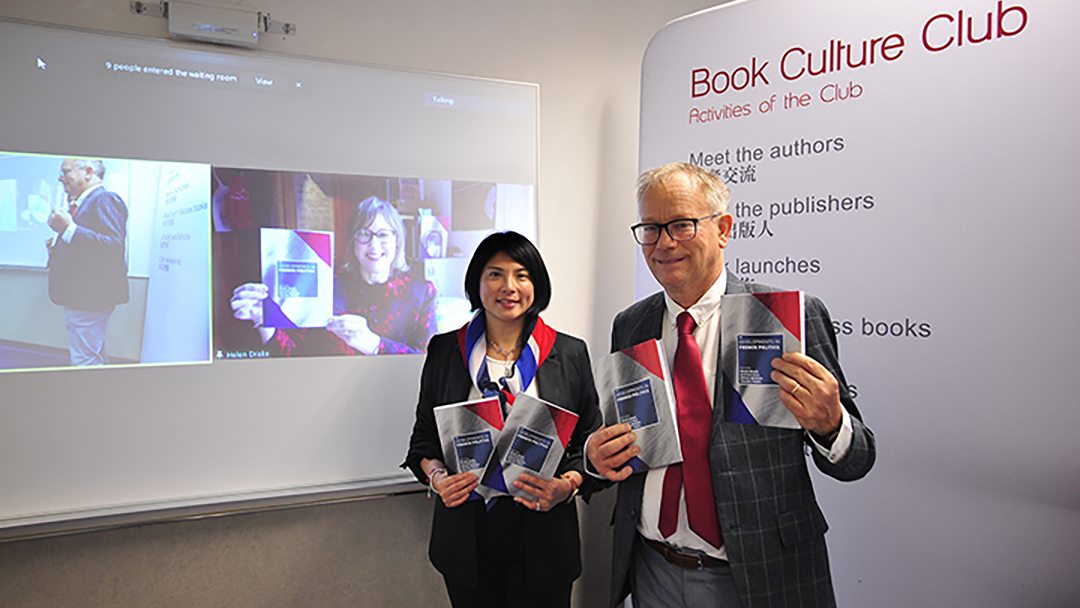
Book Launch: Developments in French Politics 6
2021 | 115 mins
新聞的堅守 - 香港浸會大學普立玆新聞獎得主工作坊全記錄
2020 | 90 mins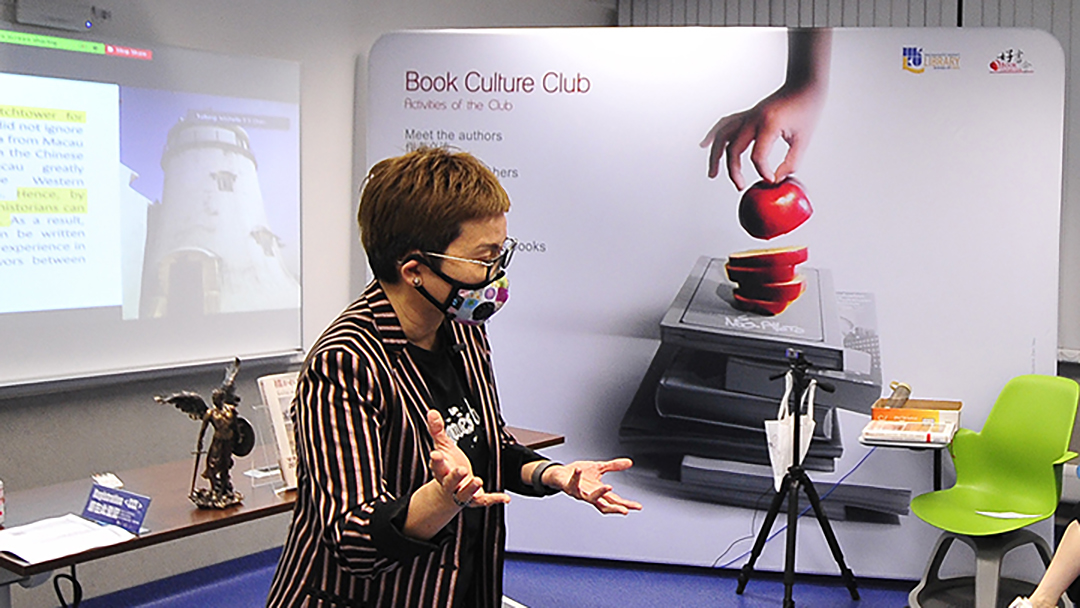
Book Launch "Images of Macau: East-West Exchange and The Derwent Collection"
2020 | 53 mins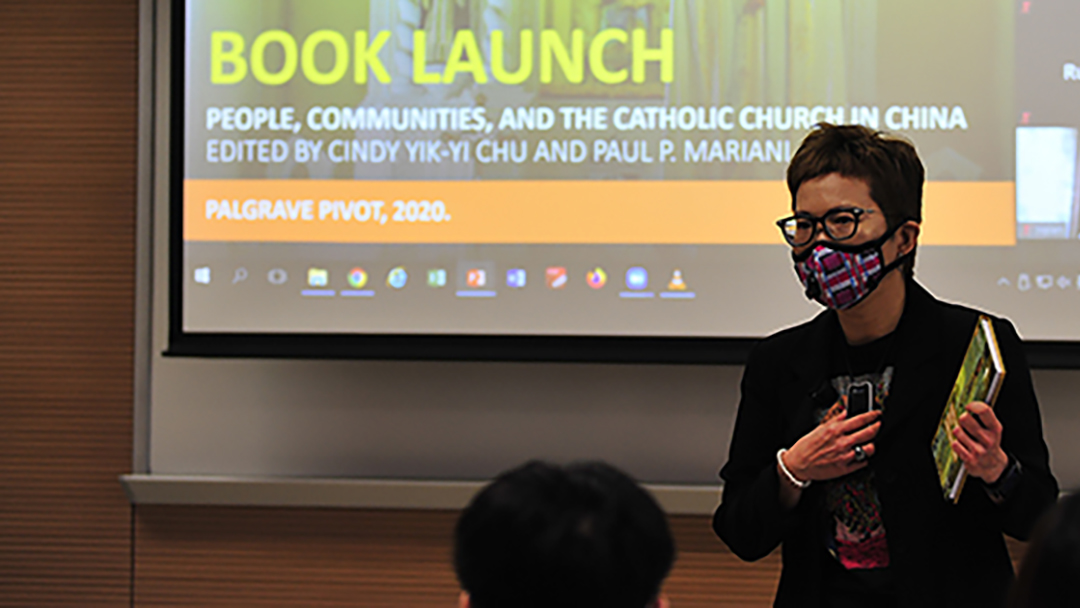
Book launch : People, communities, and the Catholic Church in China
2020 | 52 mins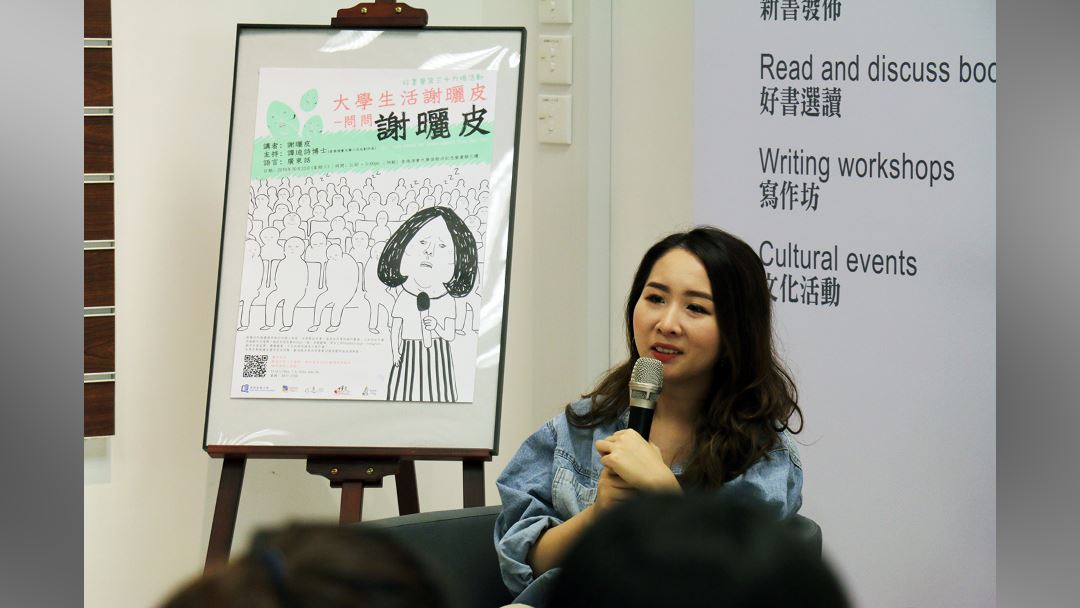
大學生活謝曬皮 - 問問謝曬皮
2019 | 68 mins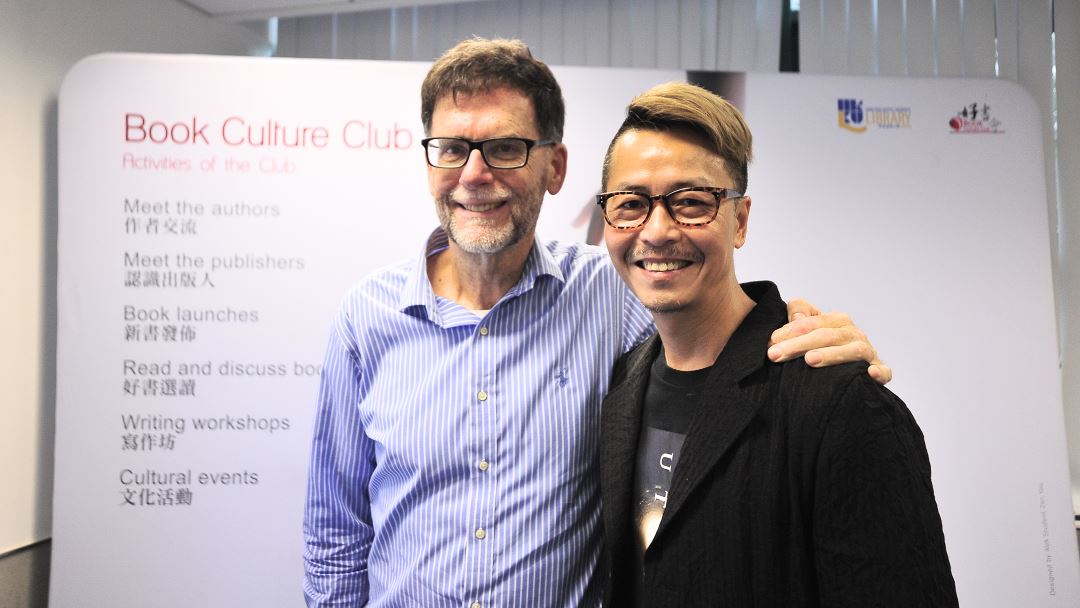
Gender Studies : Book Exhibition and Book Launch
2019 | 78 mins
粵變有趣
2019 | 88 mins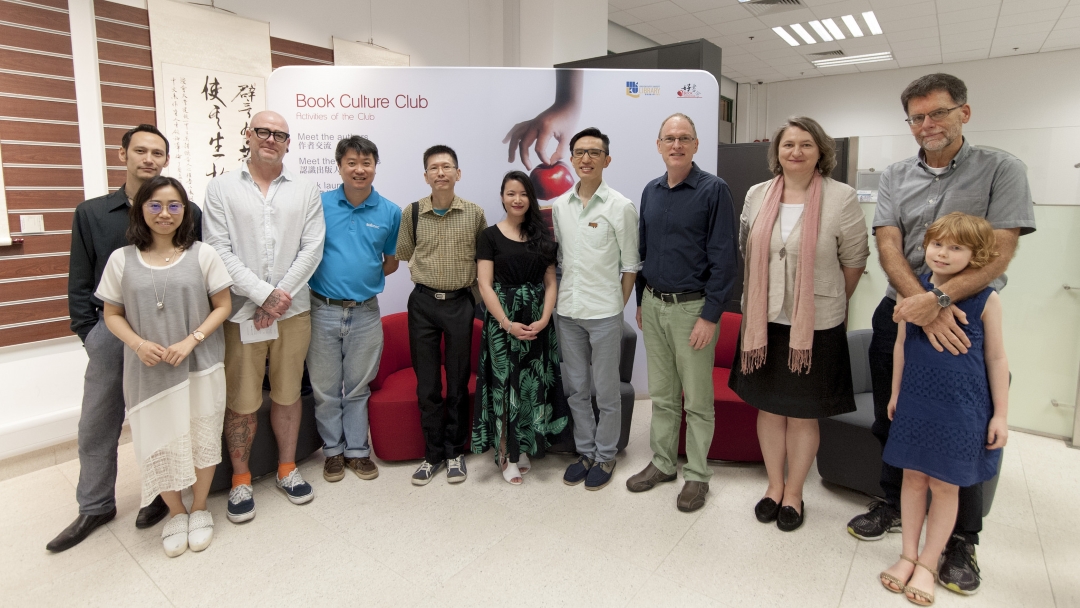
Made into Hong Kong: Angles on a Coherent Imaginary
2018 | 85 mins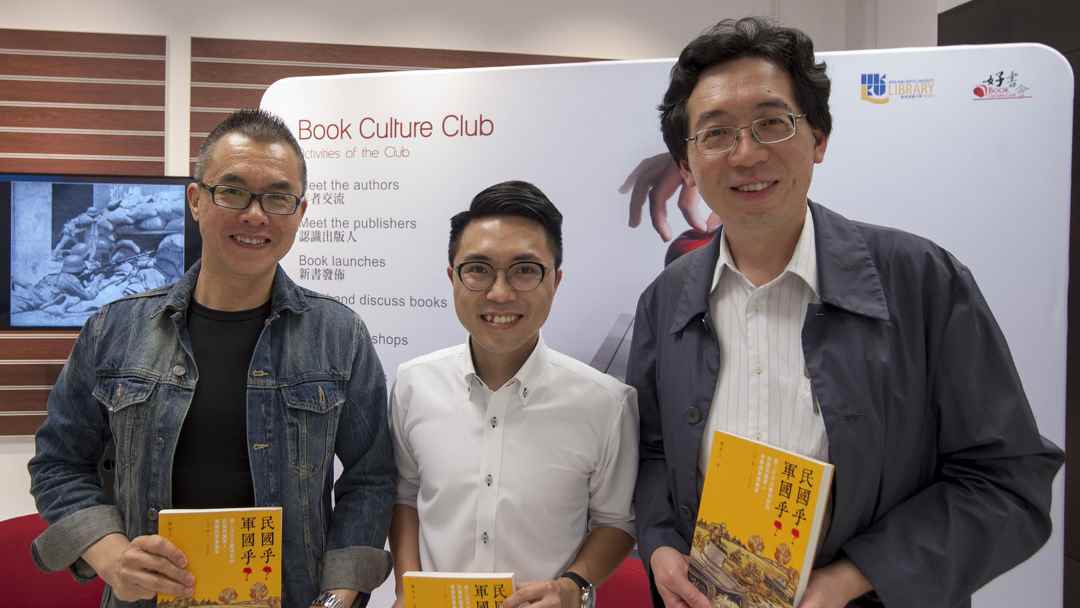
民國還是軍國:民國時期中國軍人的戰爭觀
2018 | 85 mins
我們都是這樣看港漫長大的
2017 | 73 mins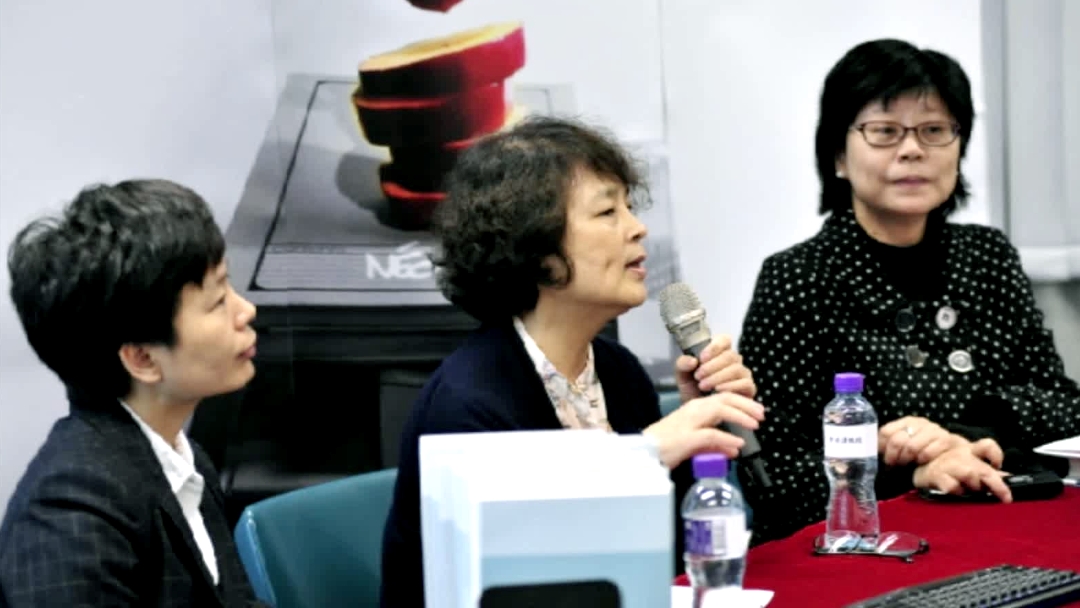
女性能顶半边天:中国妇女口述历史暨图书捐赠仪式
2017 | 92 mins
廢青怎可救地球
2017 | 89 mins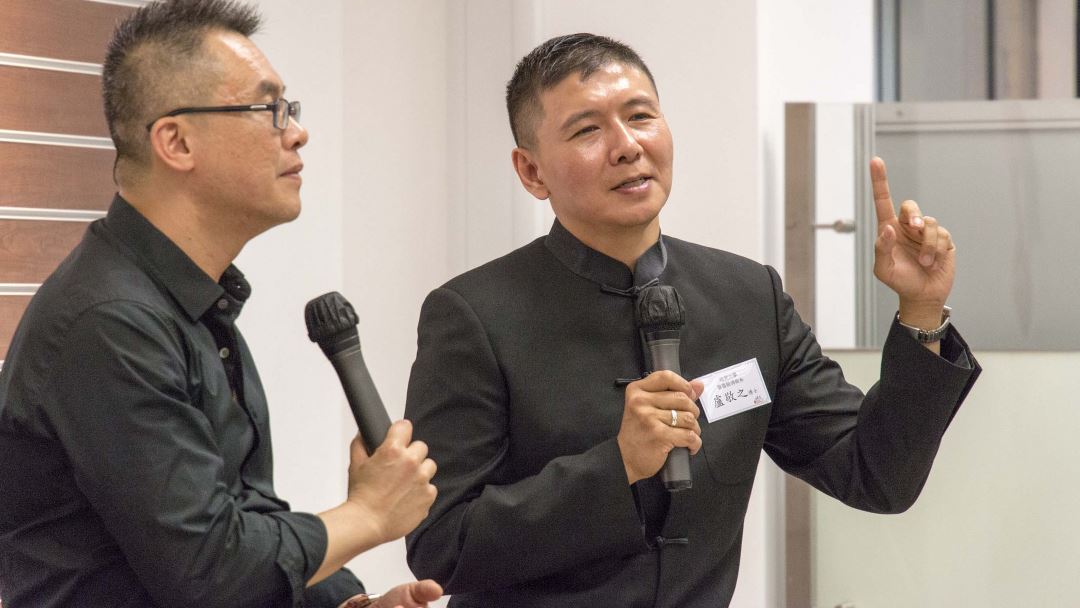
止戈為武:中華武術在香江
2016 | 81 mins
Reshaping Universities for Survival in the 21st Century:New Opportunities and Paradigms
2016 | 36 mins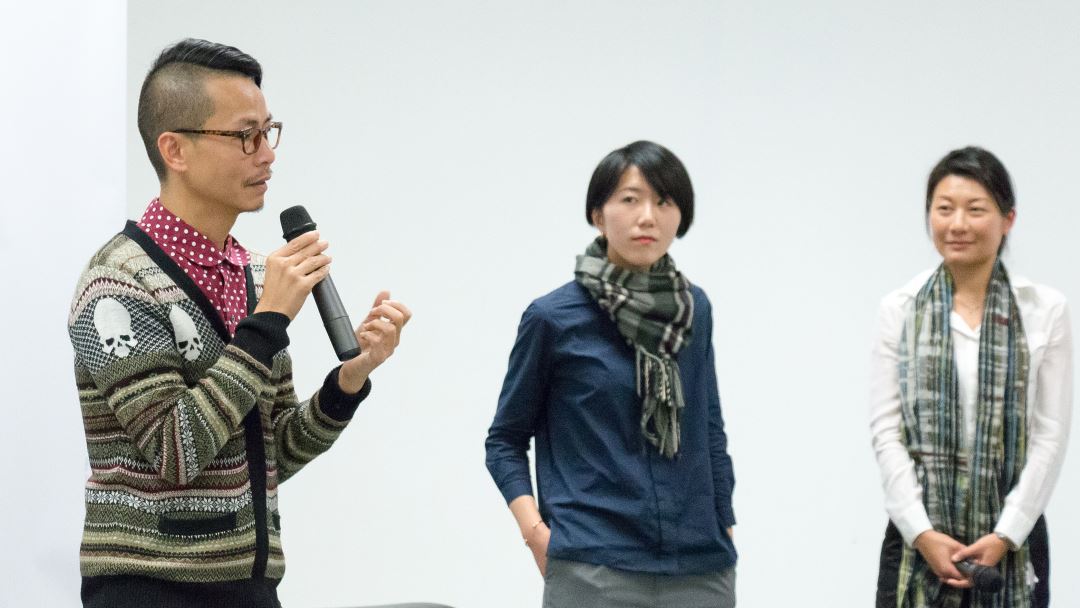
透視周耀輝的藍紙與漂城
2016 | 111 mins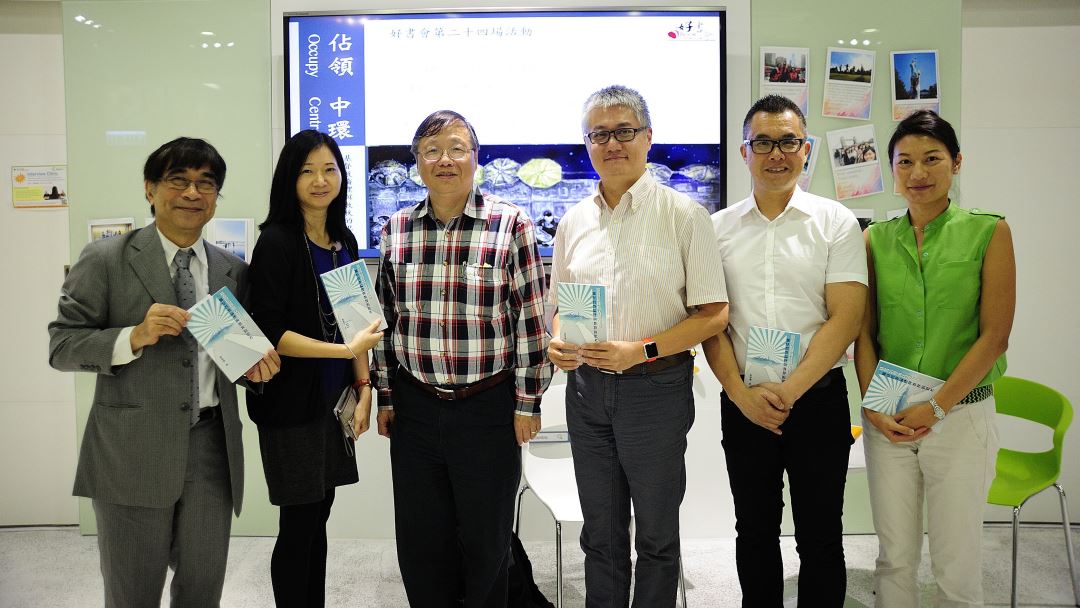
佔領中環:基督教倫理與教牧的思考
2015 | 94 mins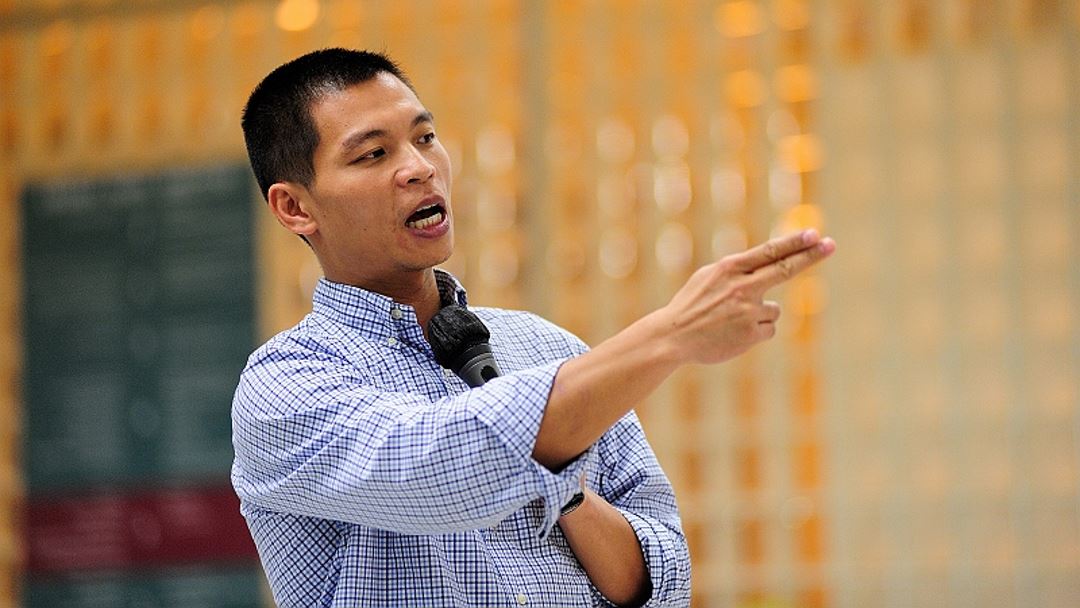
國情背後﹕發聲的良心與勇氣
2014 | 74 mins
赤的疑惑:香港紅潮與海洋生態
2014 | 86 mins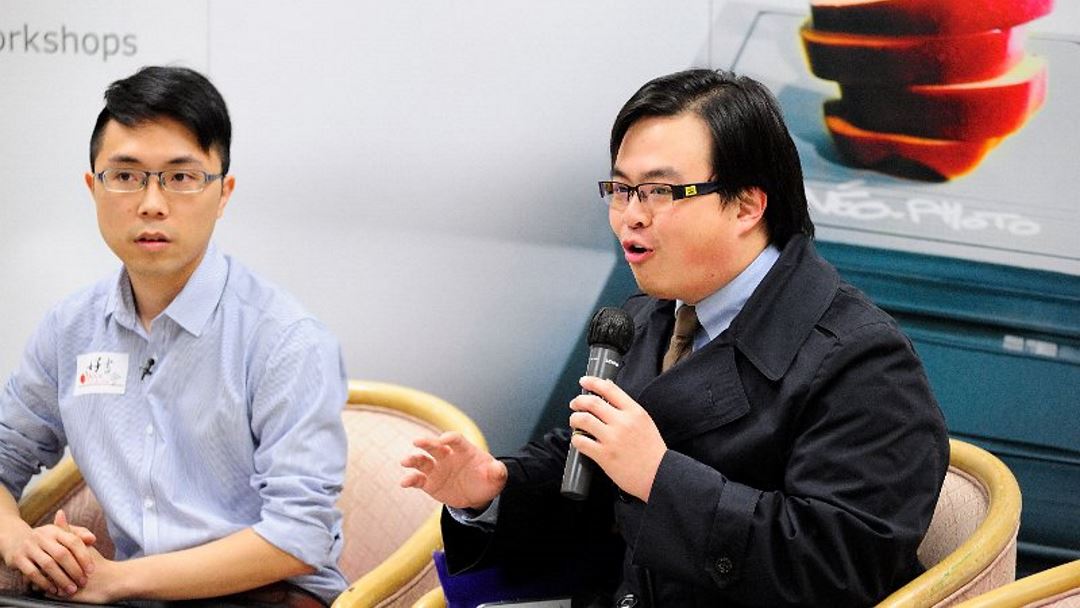
黑色聖誕,白夜生存:香港1941至1945
2014 | 93 mins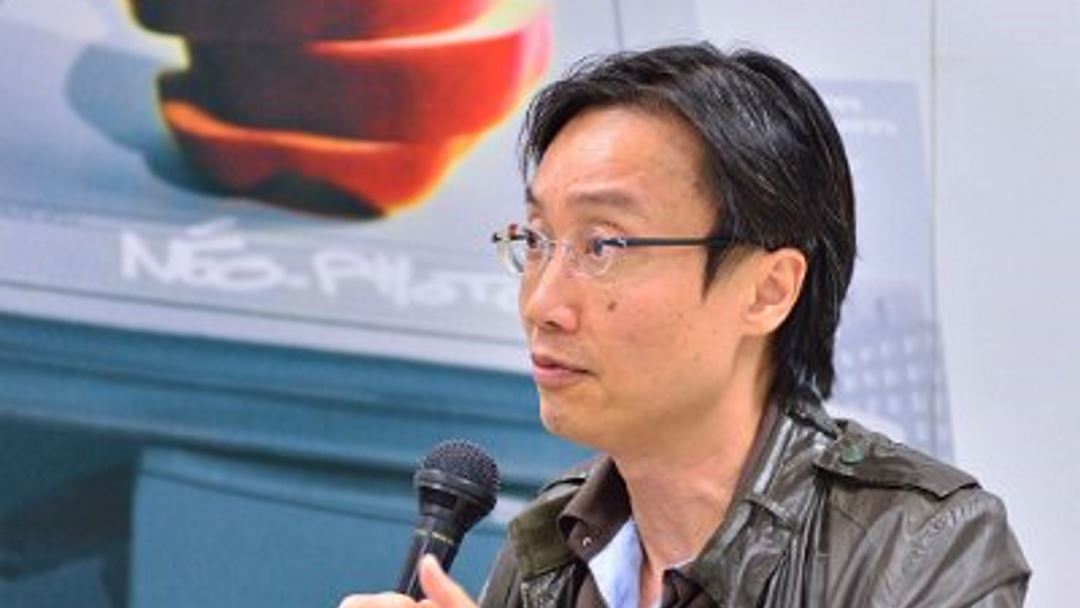
色多一點點,又如何?香港少數族裔的困境
2013 | 68 mins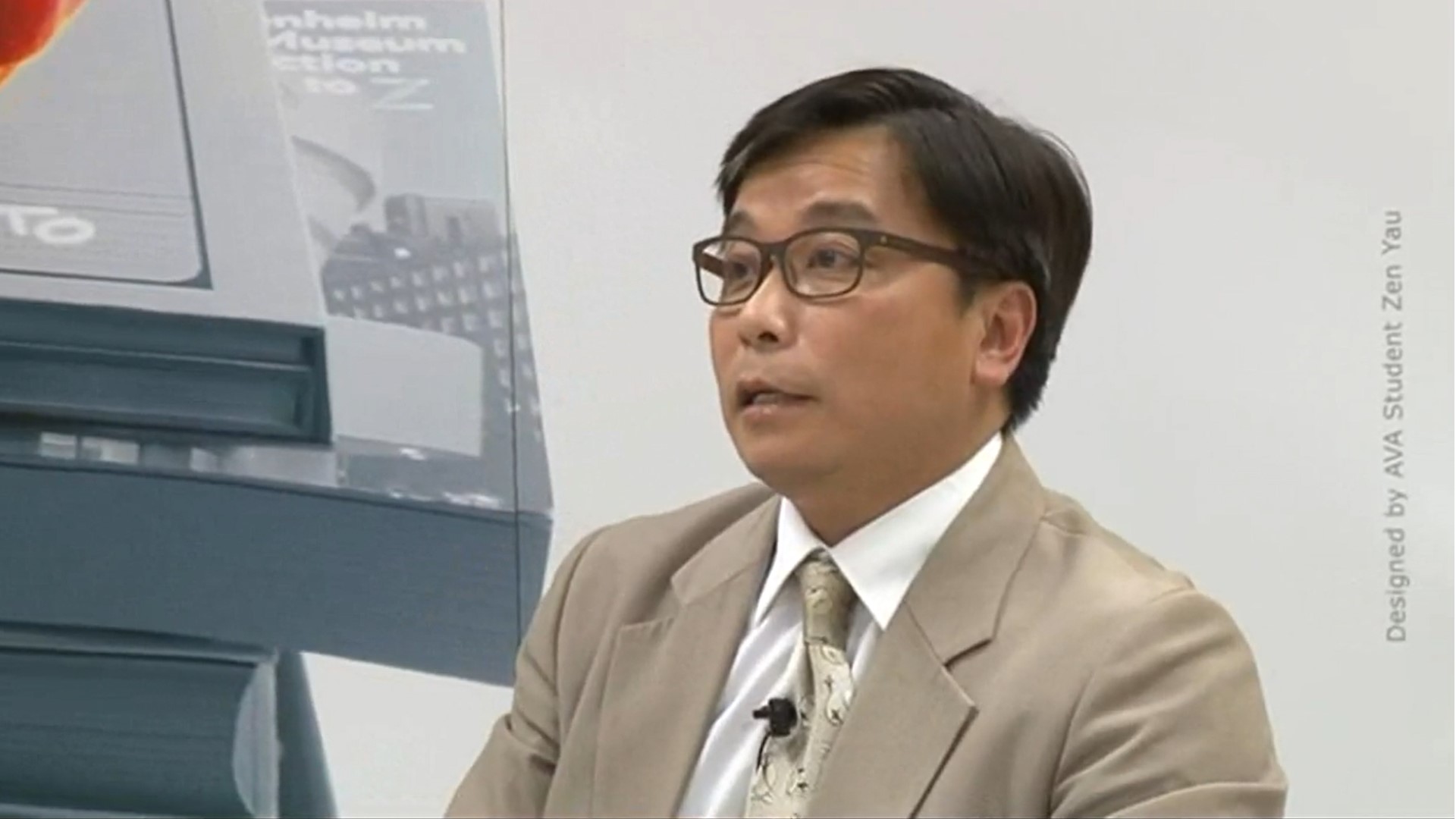
皆因有運動 (Long Version)
2012 | 20 mins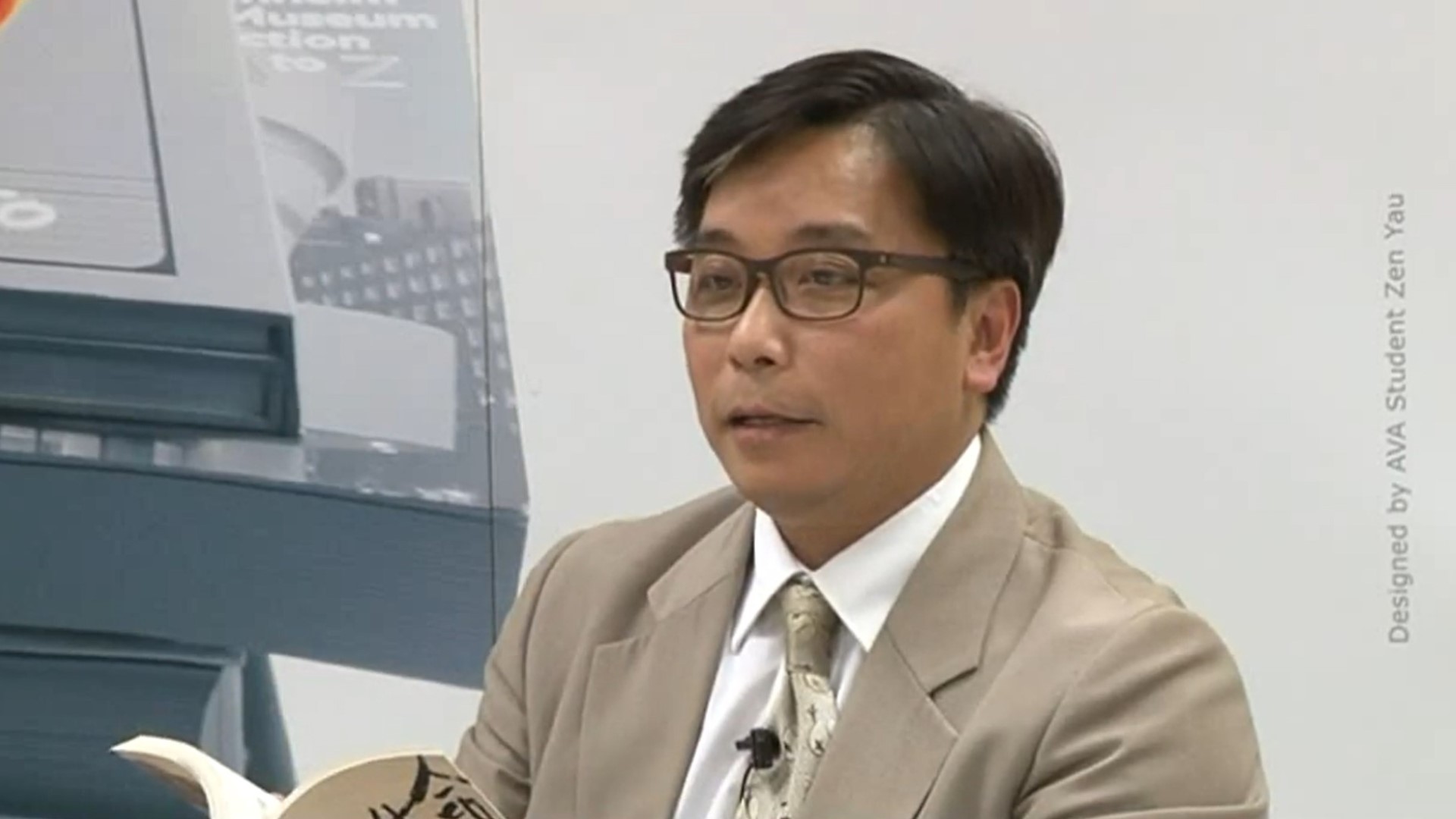
皆因有運動 (Short Version)
2012 | 5 mins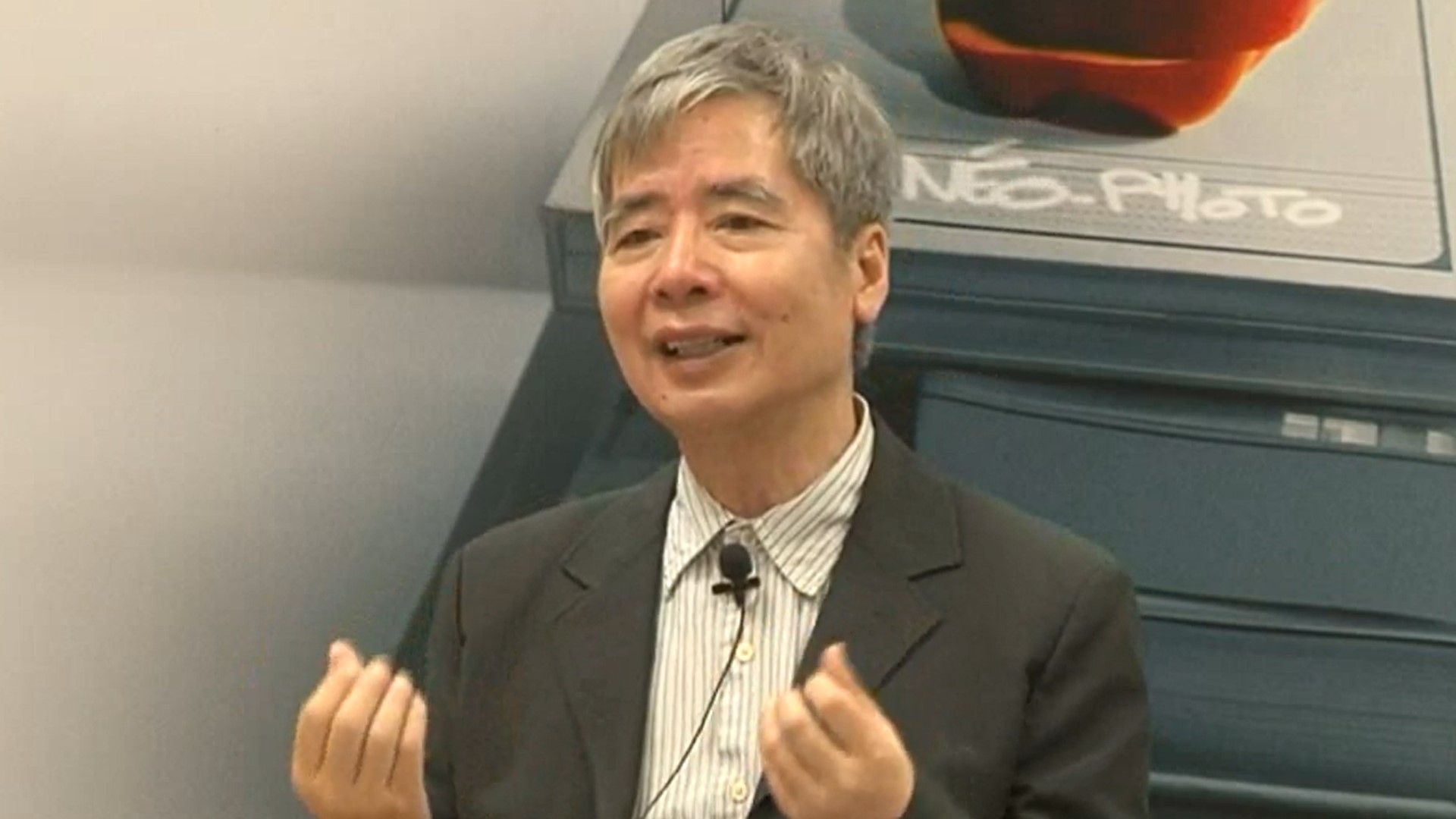
香港知識份子的生命旅程 (Long Version)
2012 | 20 mins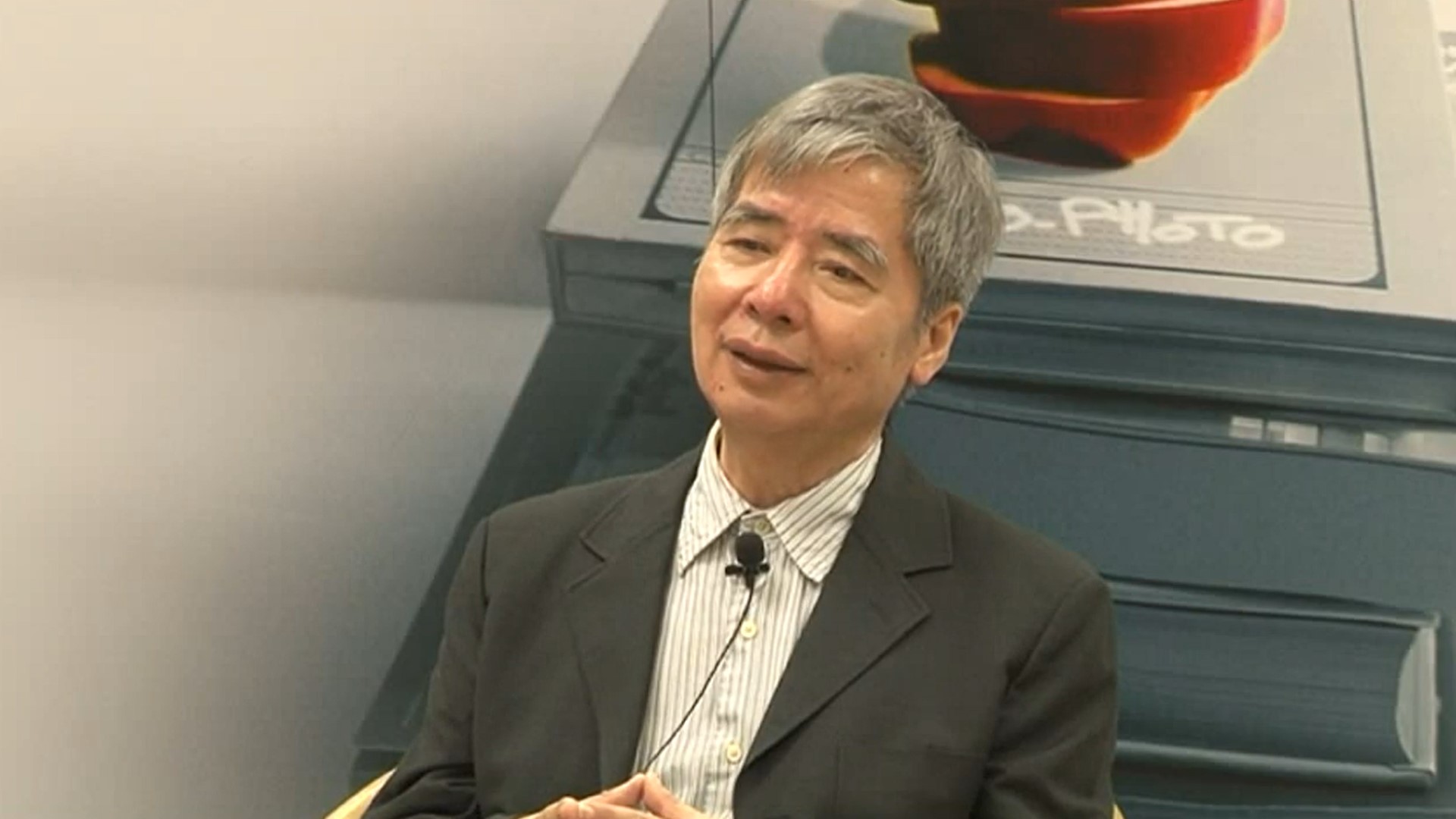
香港知識份子的生命旅程 (Short Version)
2012 | 5 mins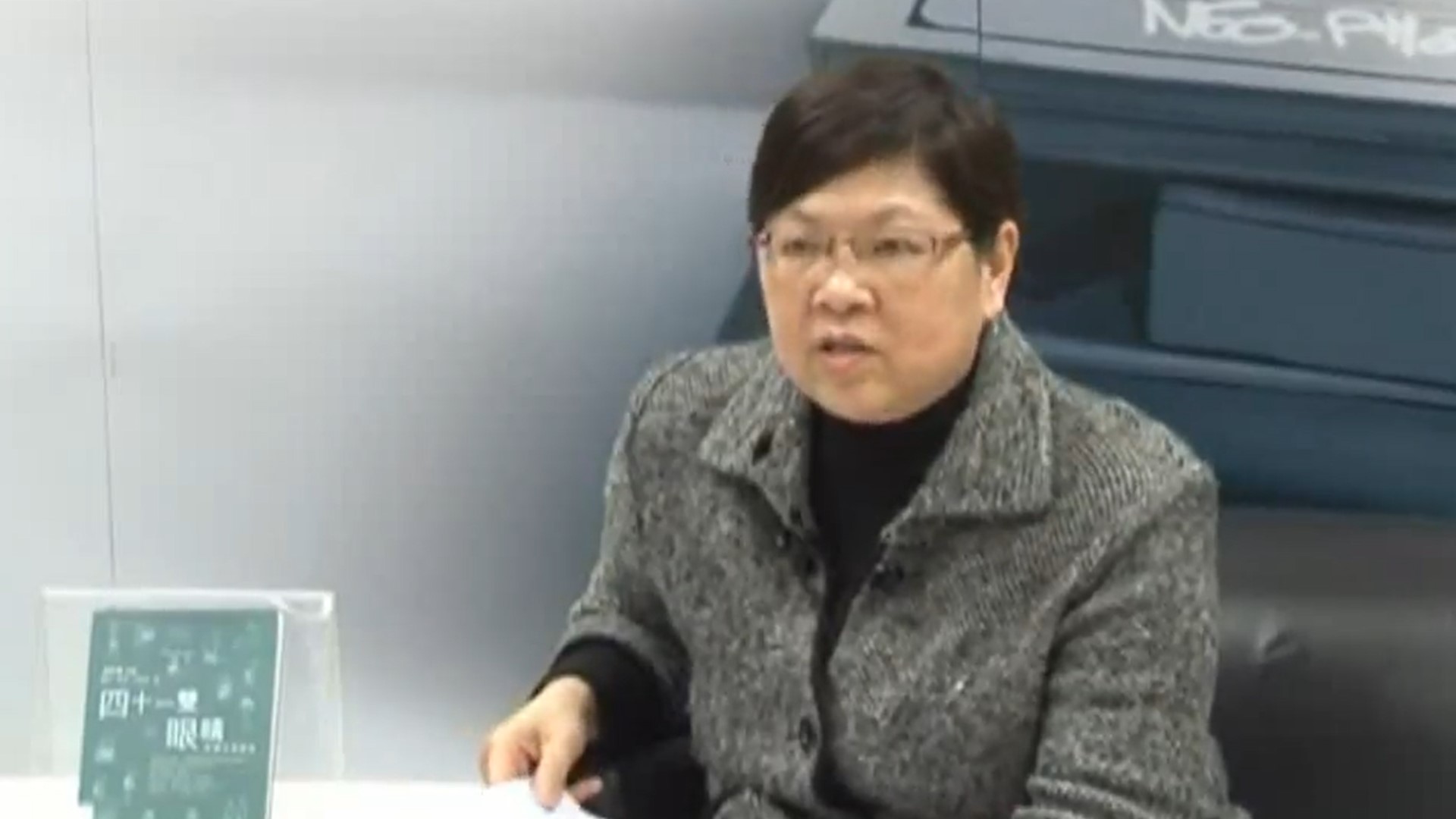
我們能寫, 因為年輕 (Long Version)
2012 | 20 mins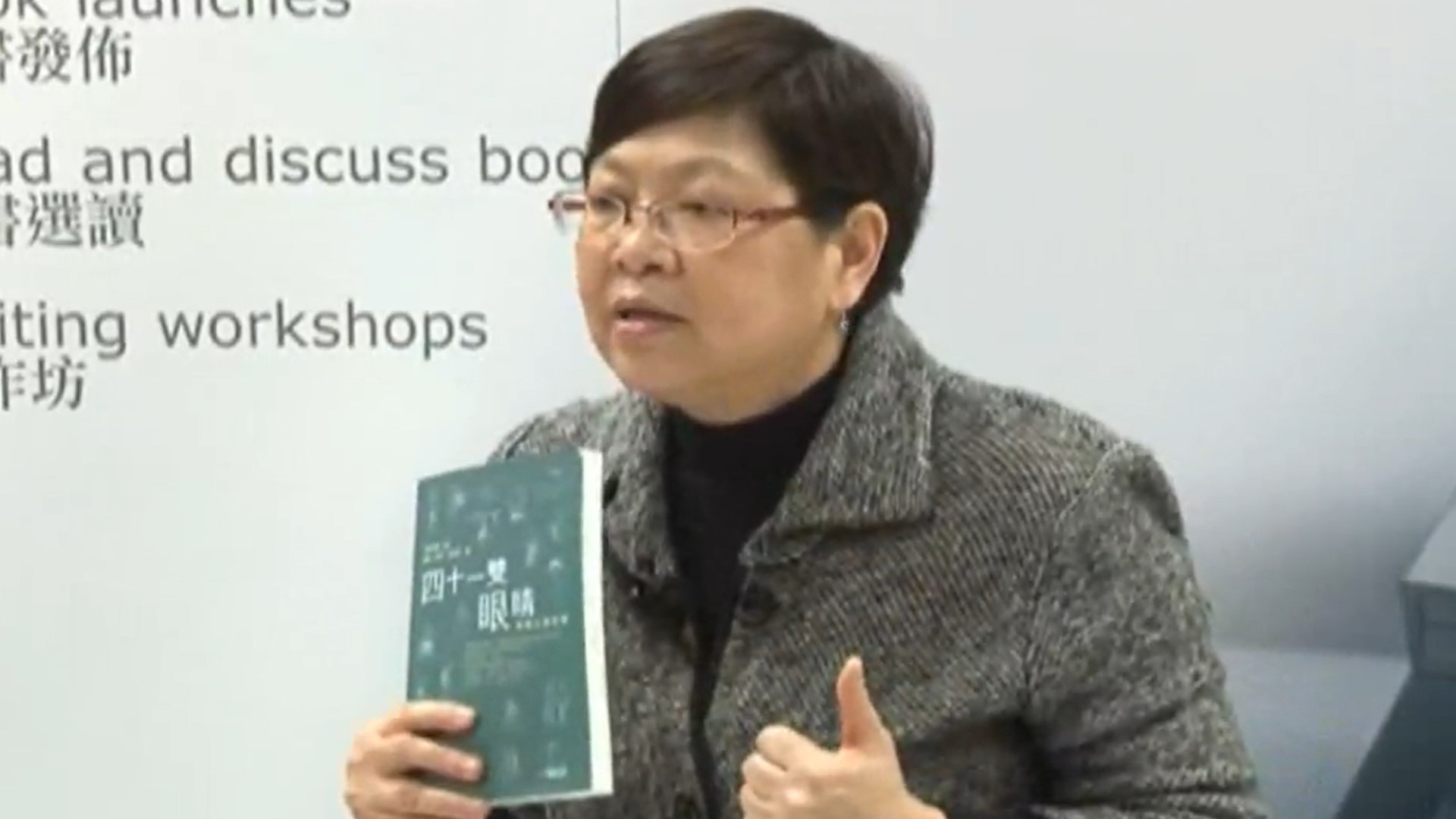
我們能寫, 因為年輕 (Short Version)
2012 | 5 mins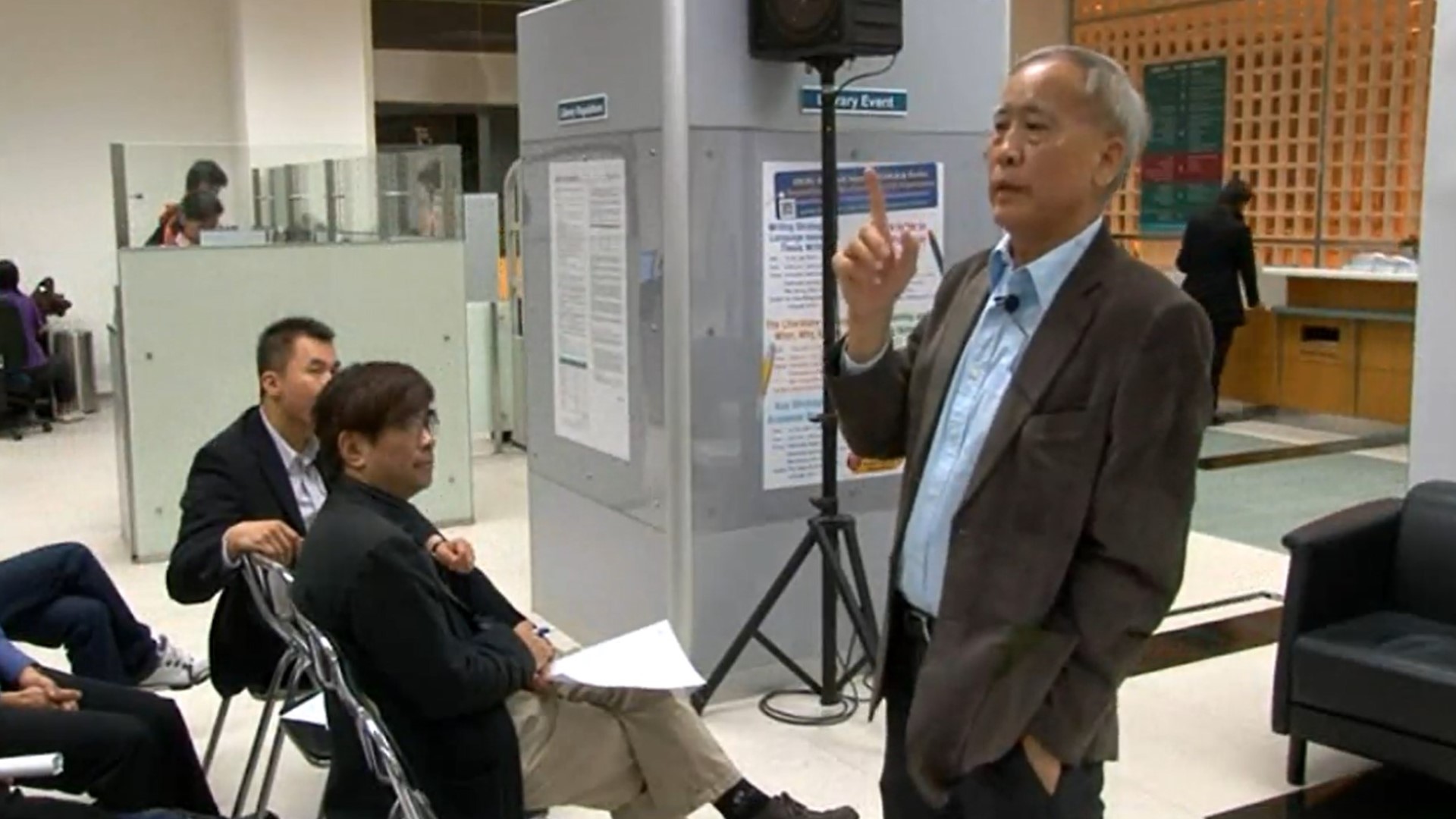
我有話說 : 一個社會學家的心路歷程 (Long Version)
2011 | 20 mins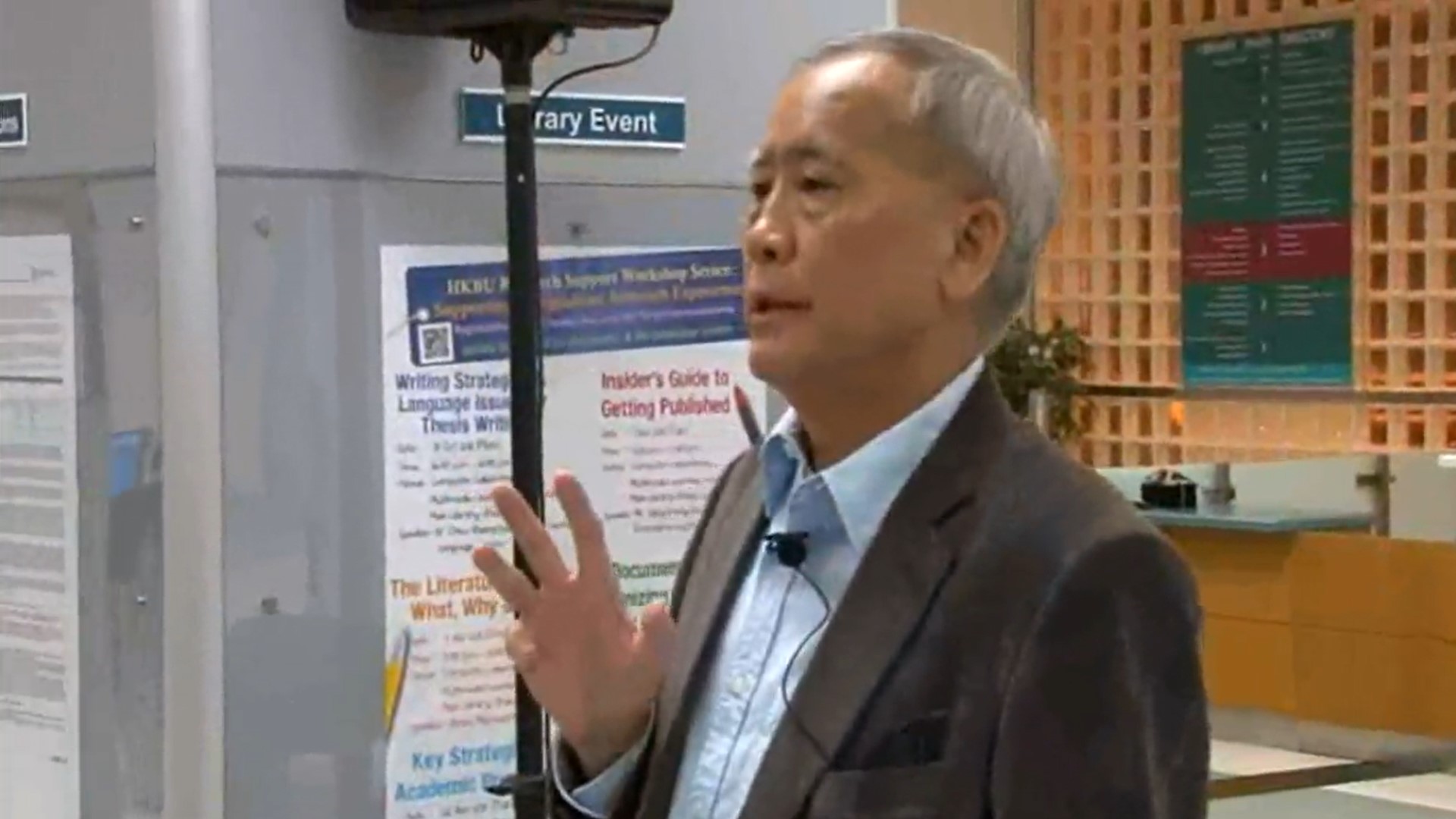
我有話說 : 一個社會學家的心路歷程 (Short Version)
2011 | 5 mins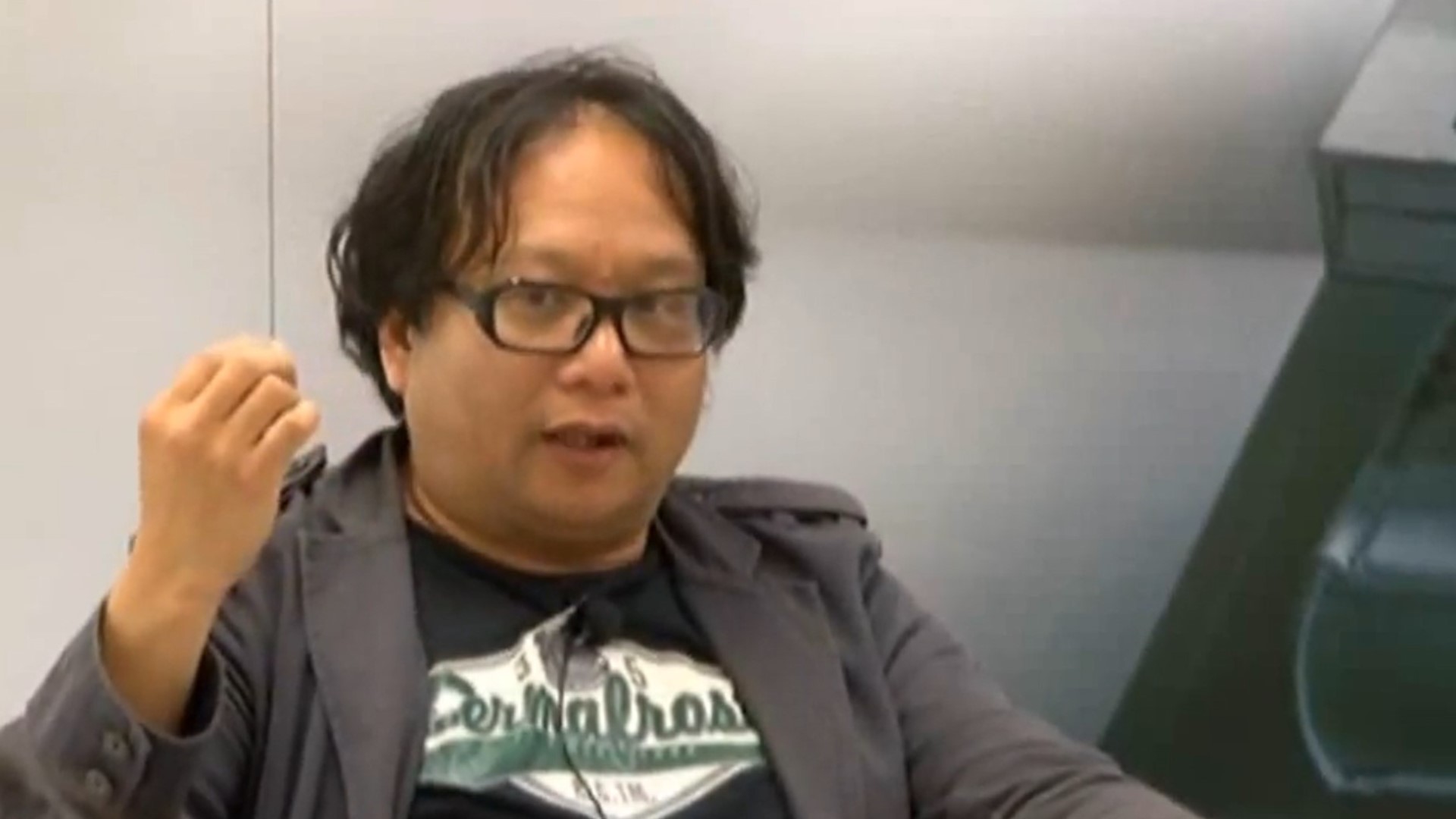
寫作坊: 第一個小說 、本我的潛挖 (Long Version)
2011 | 20 mins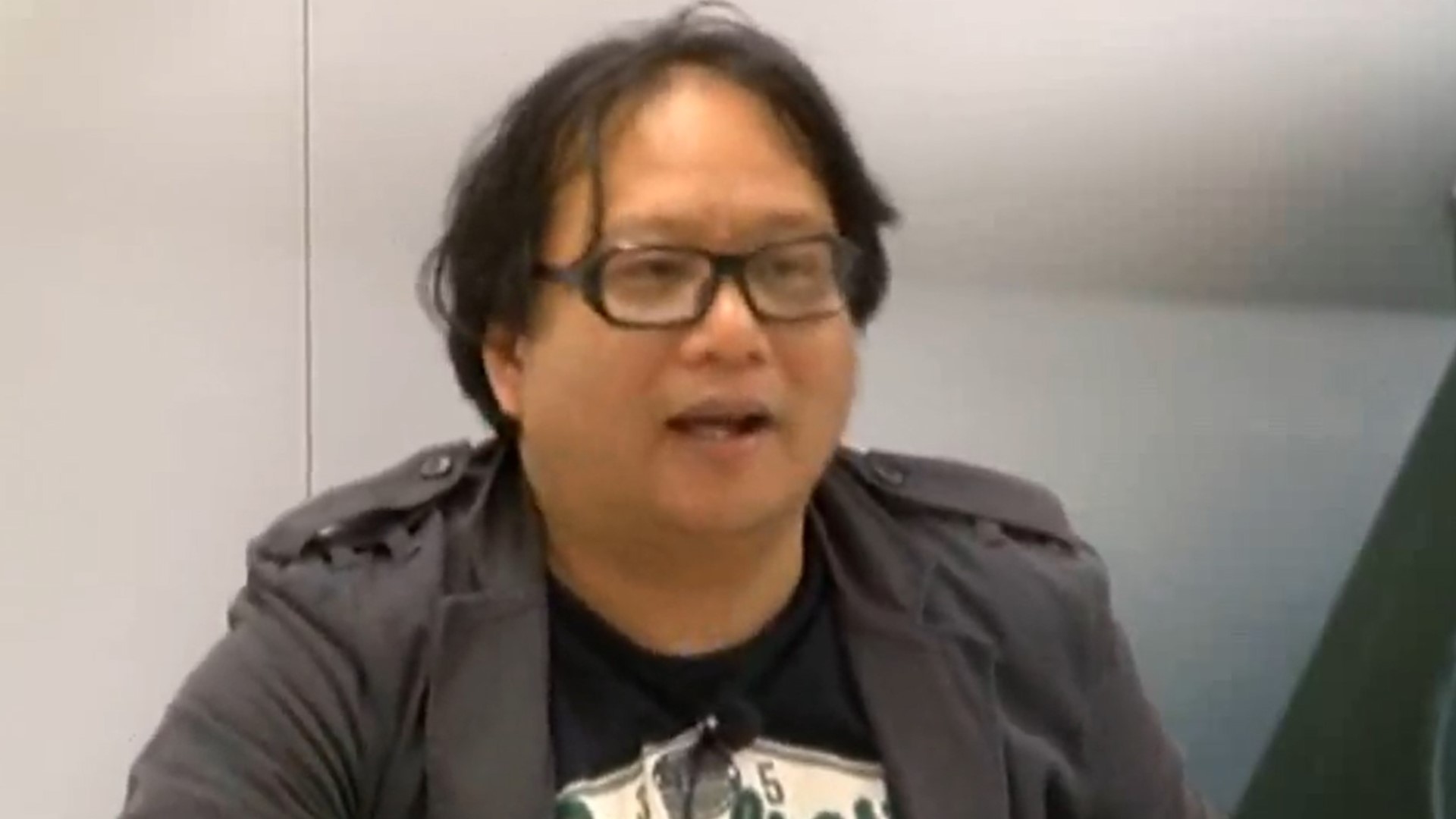
寫作坊: 第一個小說 、本我的潛挖 (Short Version)
2011 | 5 mins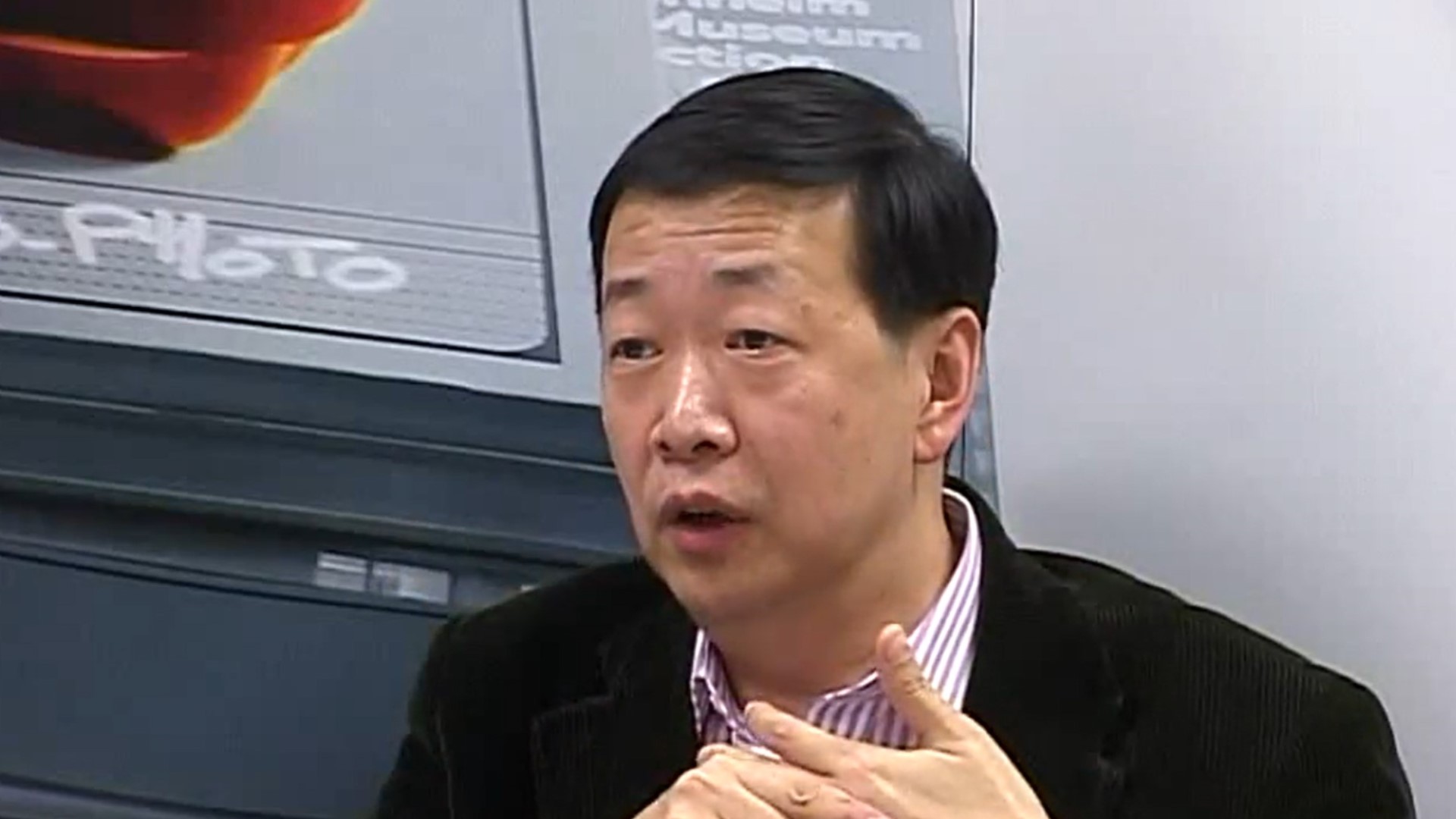
革命 : 人民、實踐與政治 (Long Version)
2011 | 20 mins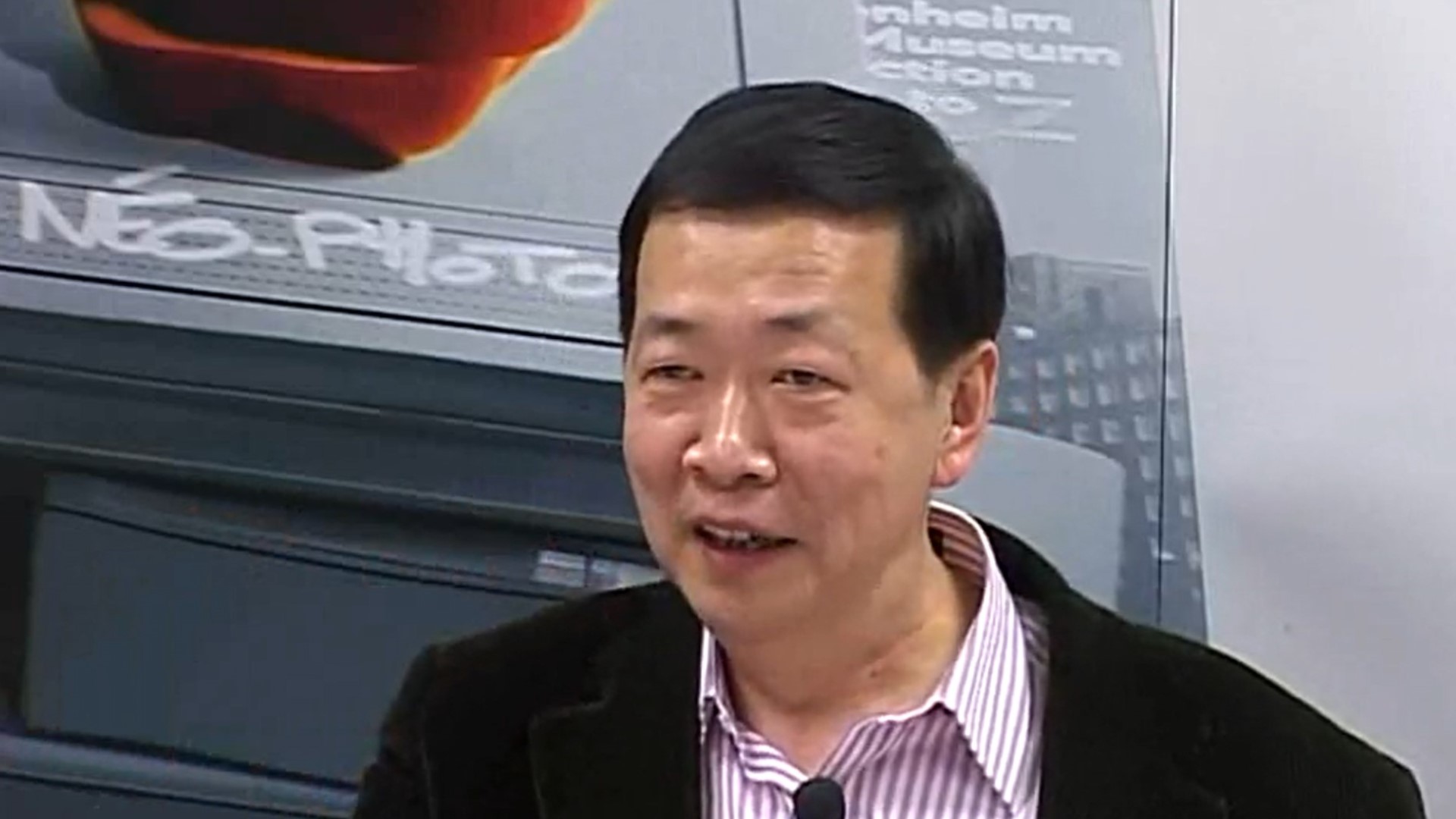
革命 : 人民、實踐與政治 (Short Version)
2011 | 5 mins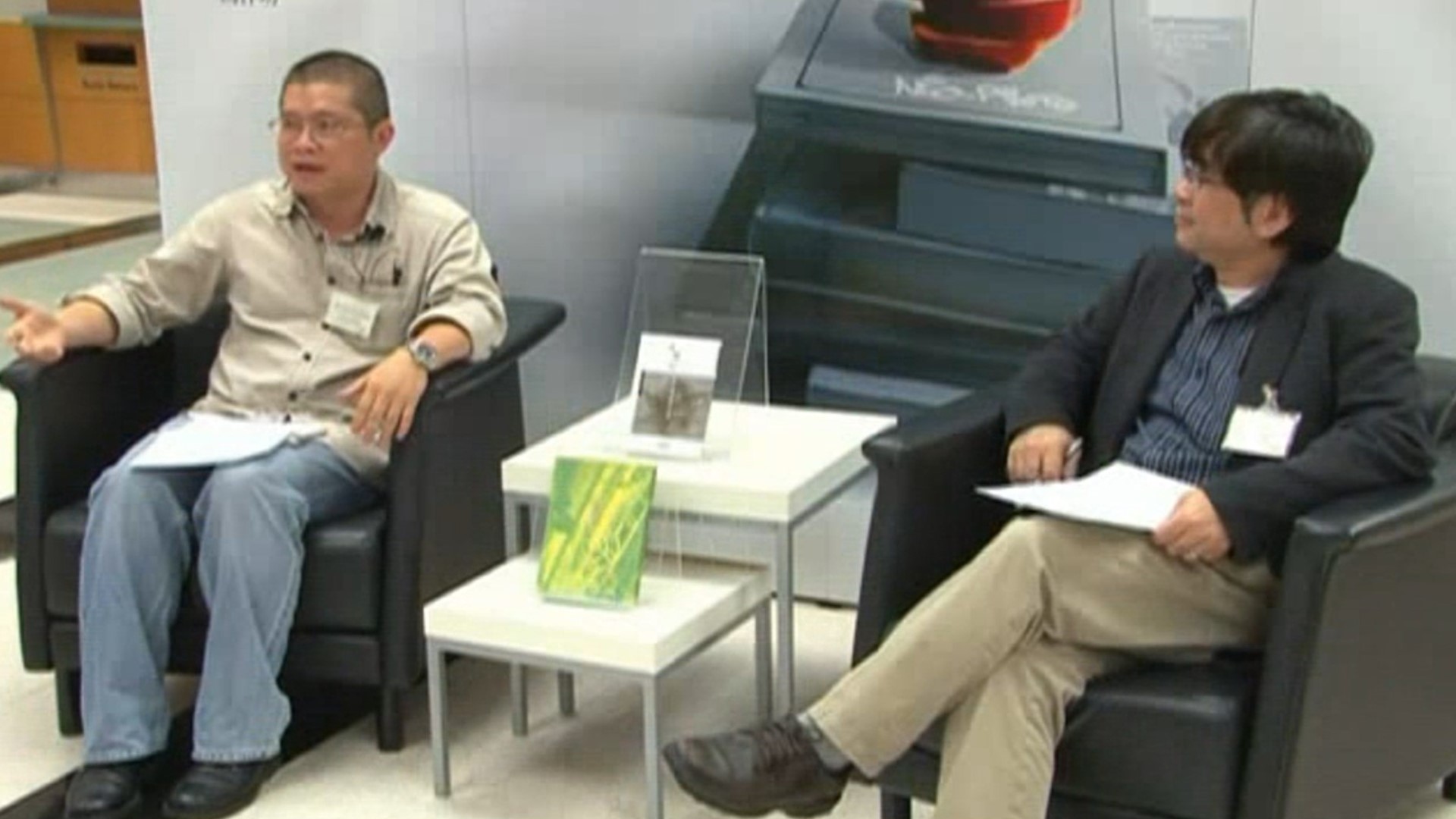
朱、葛談文藝說電影 (Long Version)
2010 | 20 mins
朱、葛談文藝說電影 (Short Version)
2010 | 5 mins
香港之音 (Long Version)
2010 | 20 mins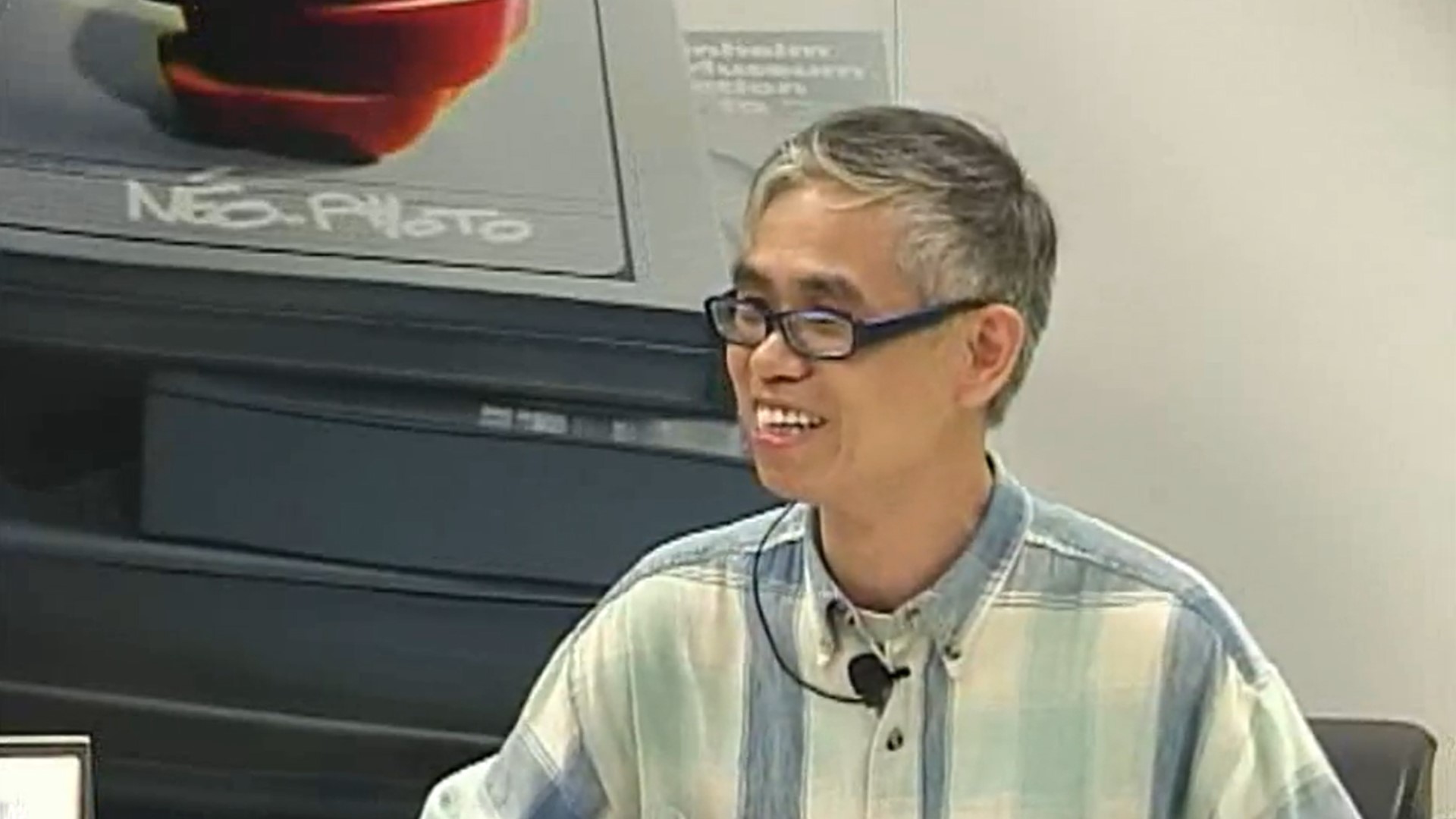
香港之音 (Short Version)
2010 | 5 mins
英語「升呢」(Long Version)
2010 | 20 mins
英語「升呢」(Short Version)
2010 | 5 mins
城市・文明・變遷 (Long Version)
2009 | 20 mins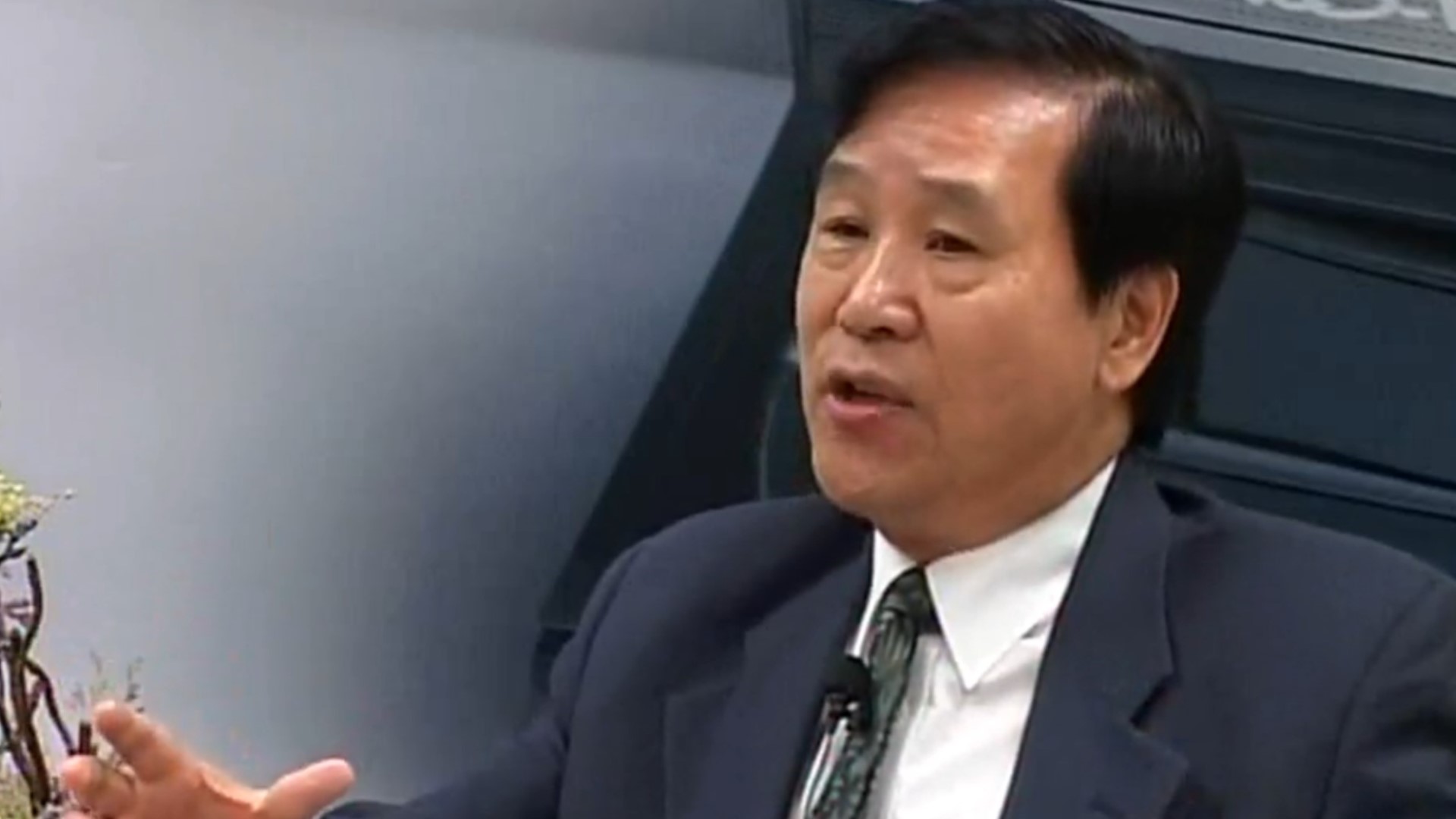
城市・文明・變遷 (Short Version)
2009 | 6 mins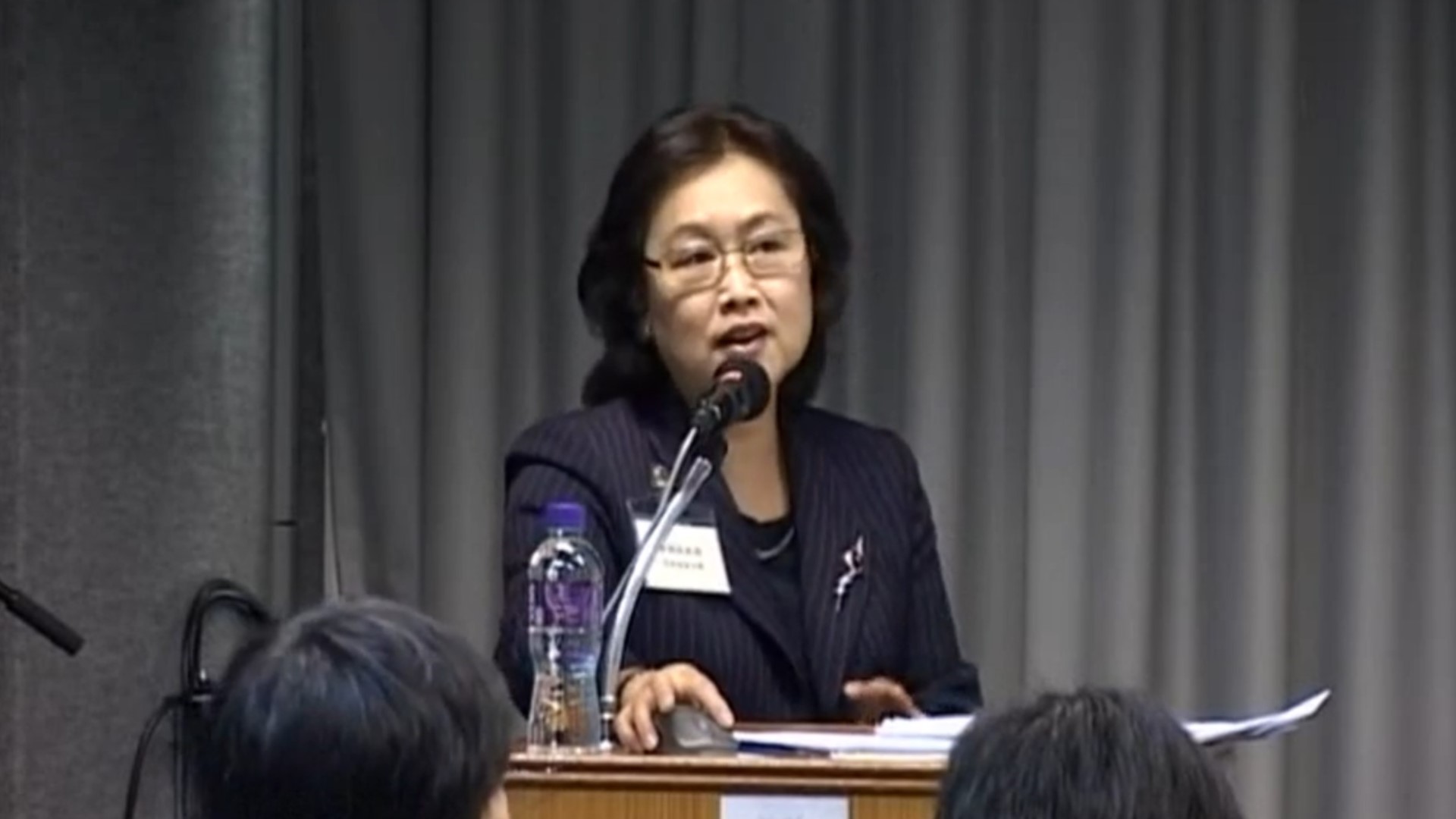
我的 <五四> (Long Version)
2009 | 90 mins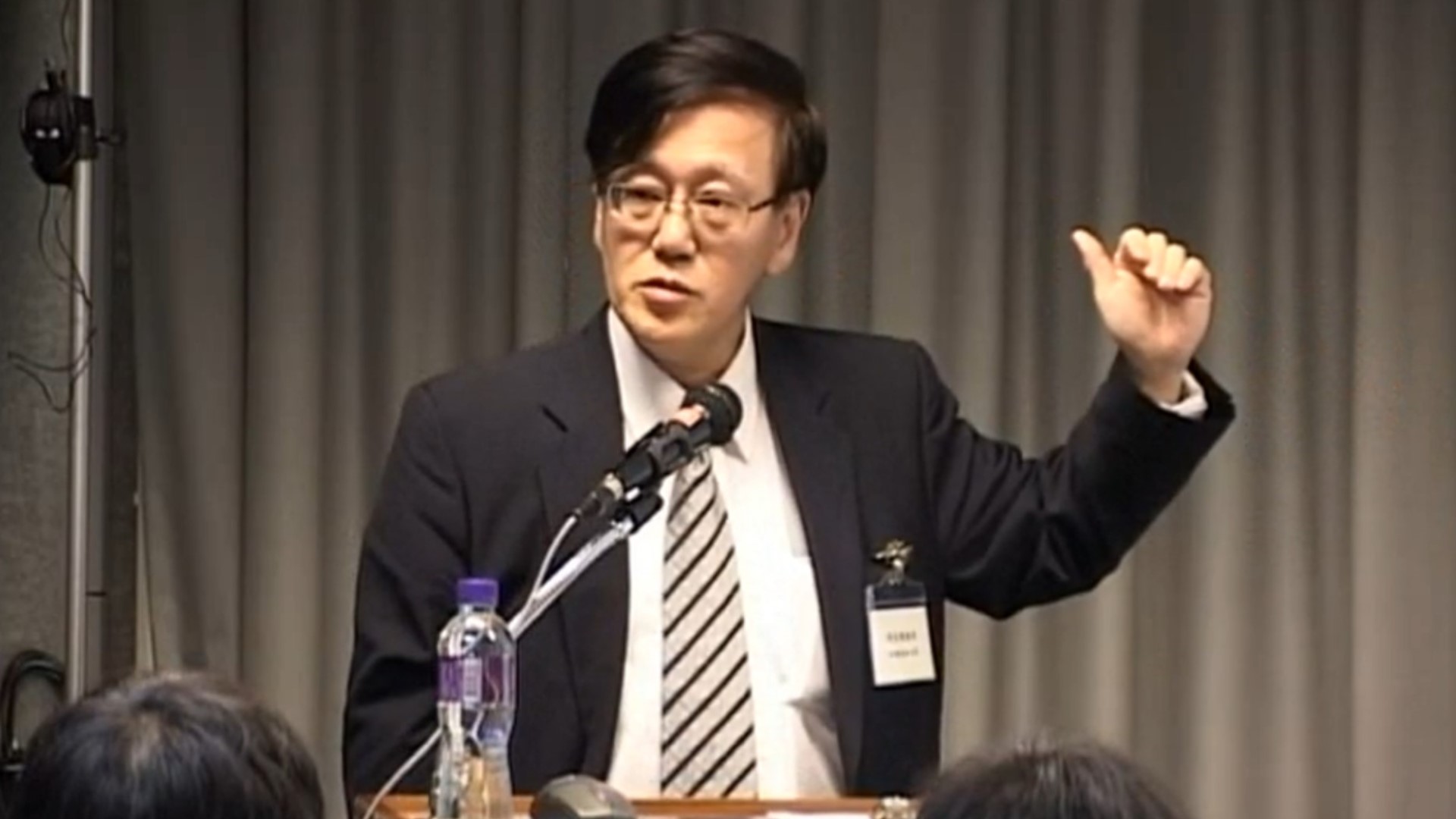
我的 <五四> (Short Version)
2009 | 21 mins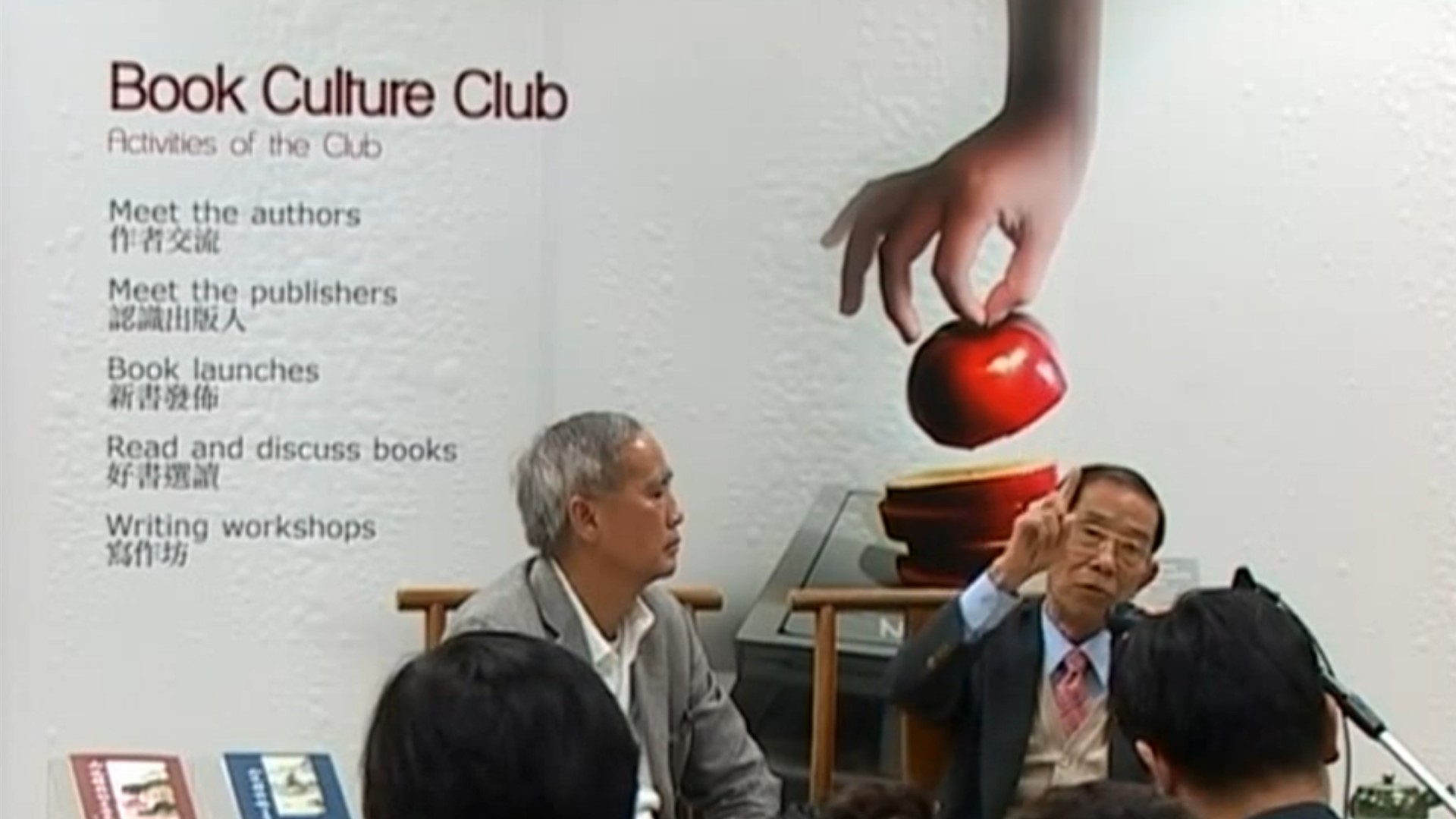
走近詩人陳一豫的詩書世界 (Long Version)
2009 | 20 mins
走近詩人陳一豫的詩書世界 (Short Version)
2009 | 5 mins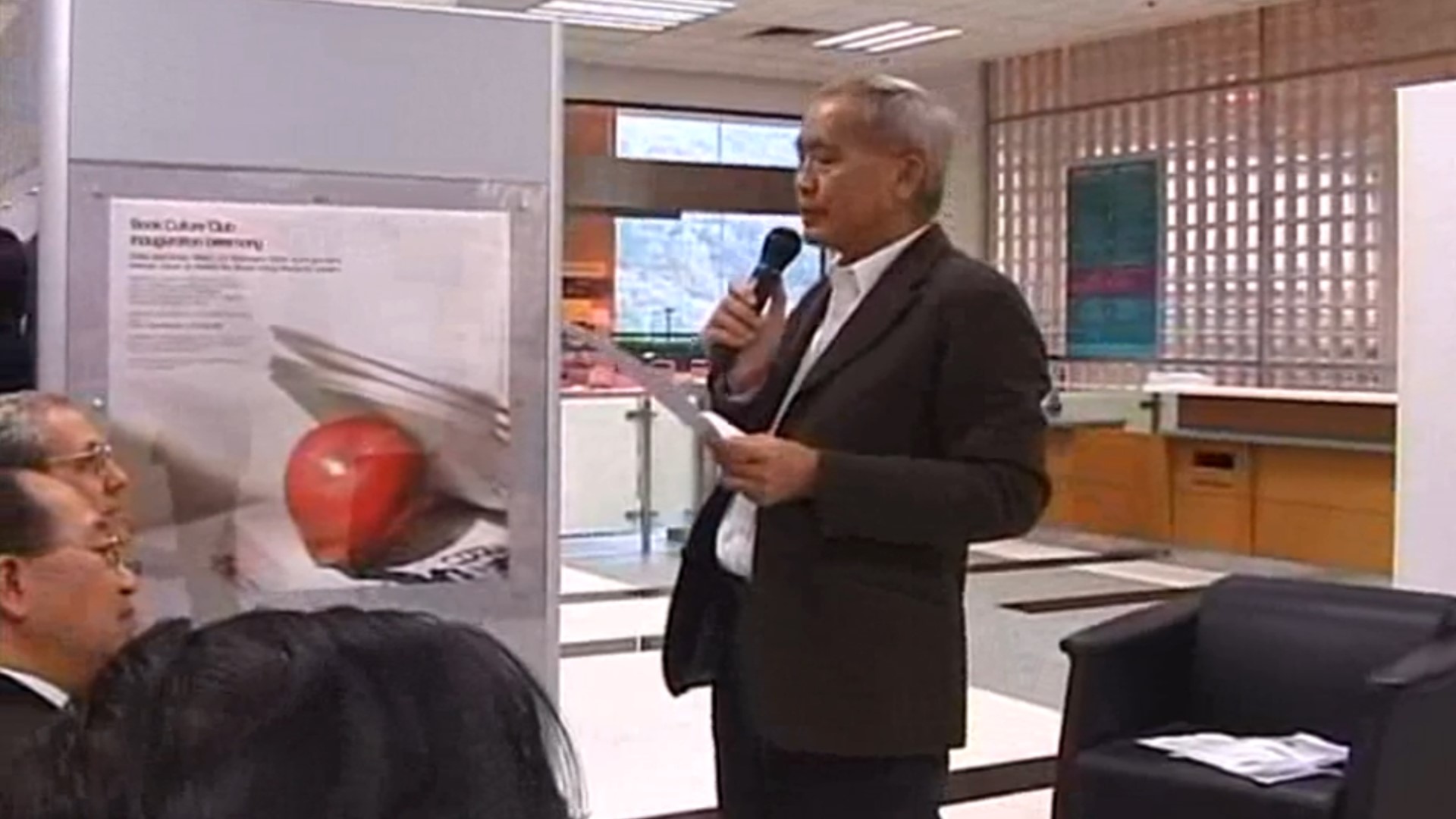
Book Culture Club Inauguration Ceremony (Long Version)
2009 | 25 mins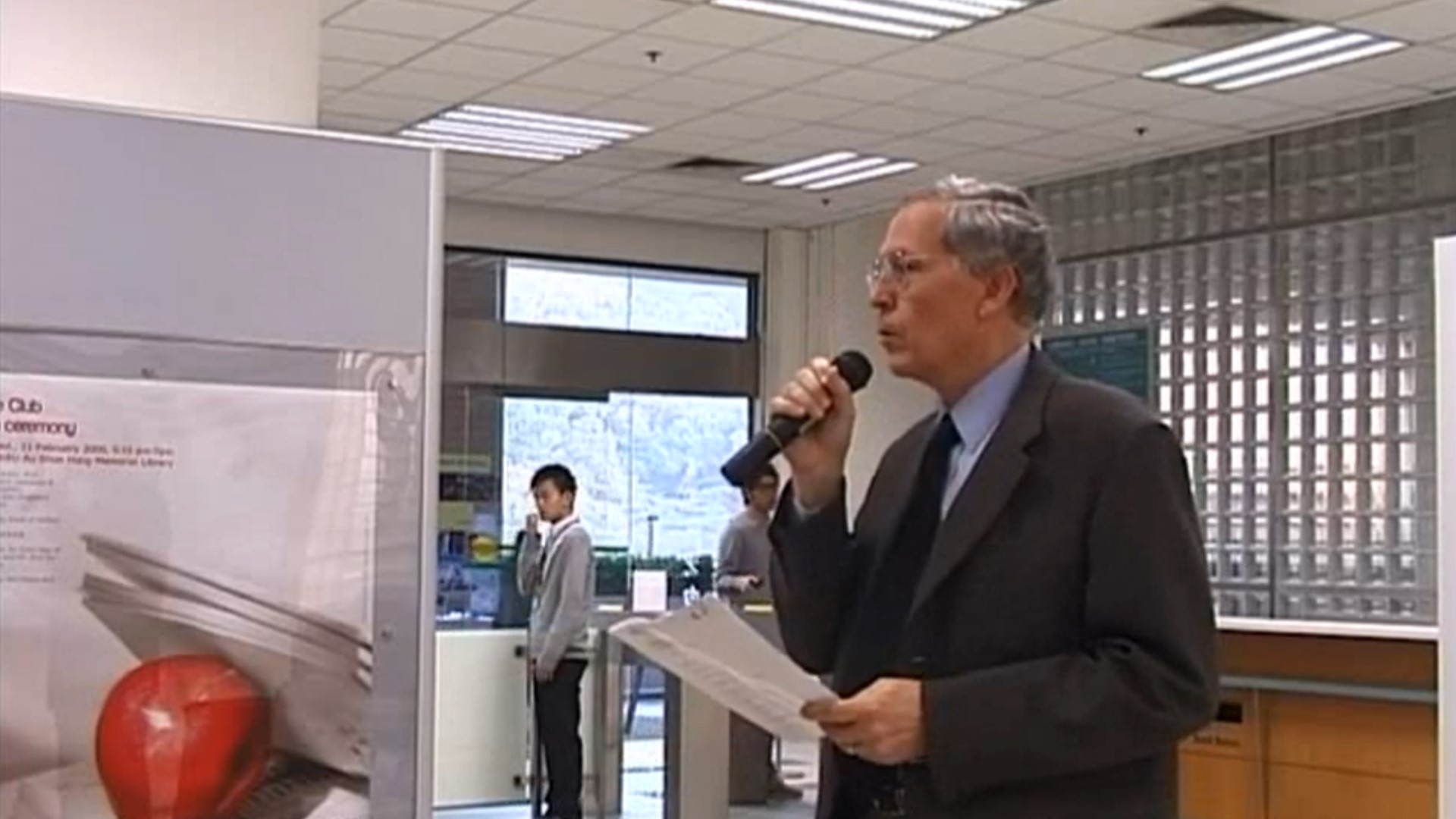
Book Culture Club Inauguration Ceremony (Short Version)
2009 | 4 mins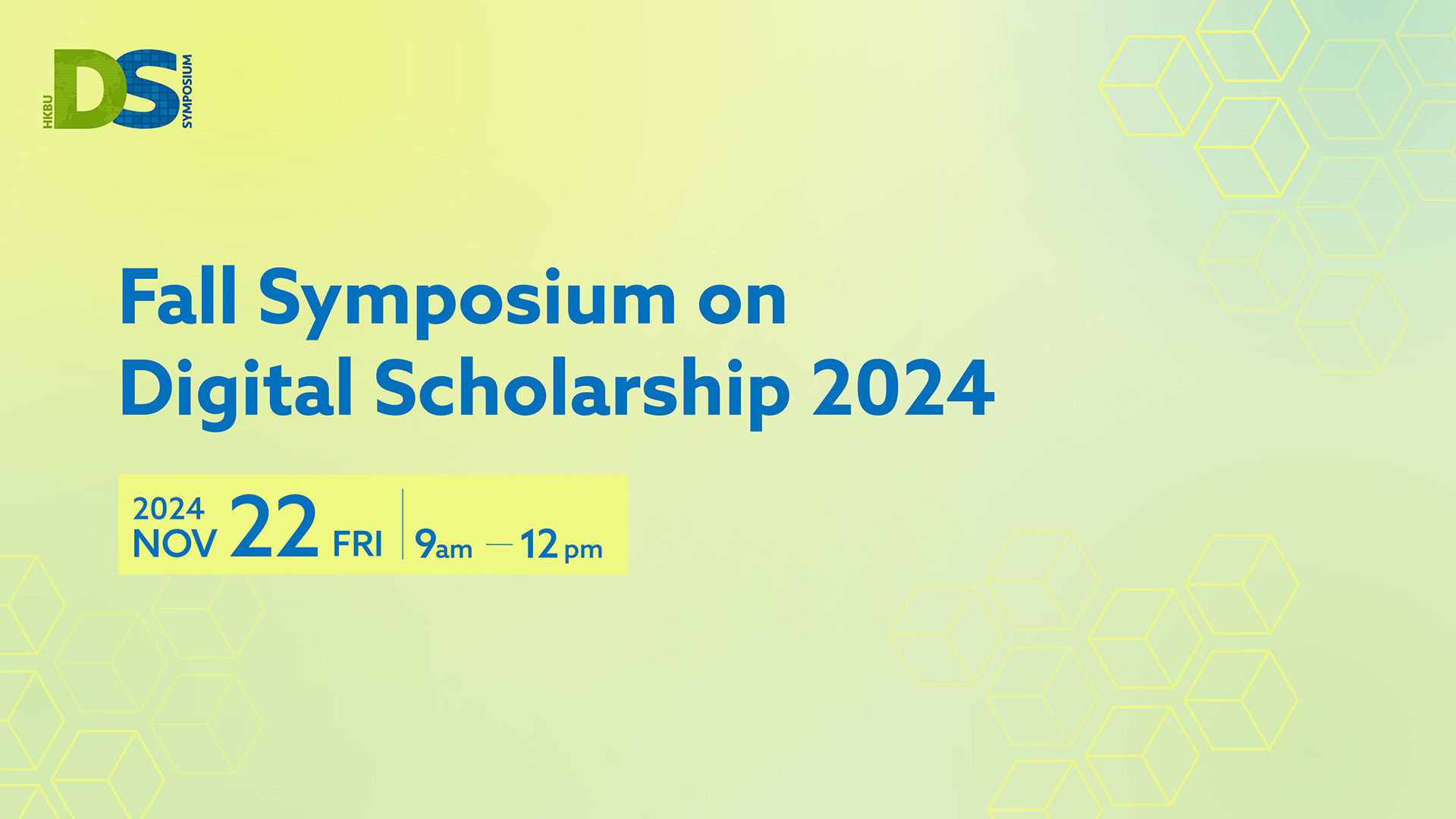
Touring Ottoman Lands: Murray's Routes for Southwest Asia, 1850-1900
2024 | 29 mins
Using Gemini to support OCR in archaic Chinese materials - a case study
2024 | 29 mins
From Grain to Grid: Digitizing Mortise and Tenon's Legacy
2024 | 24 mins
The Japanese Occupation of Hong Kong: A GIS-based Interactive Map Project
2024 | 23 mins
Bridging Tradition and Innovation: Proposing an Adaptive, AI-Driven Research Ecosystem for Humanities
2024 | 73 mins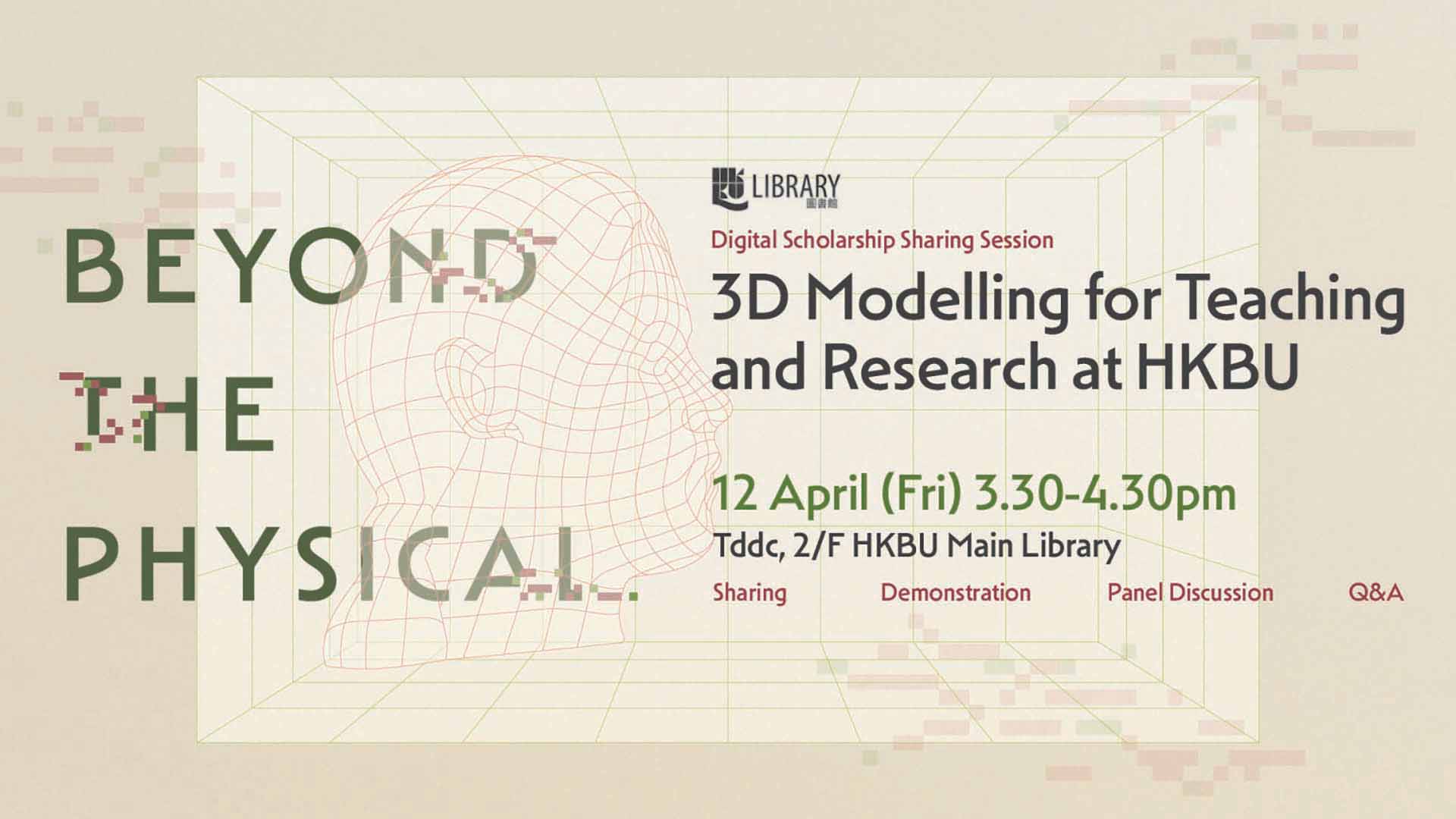
Beyond the Physical - 3D Modelling for Teaching and Research at HKBU
2024 | 60 mins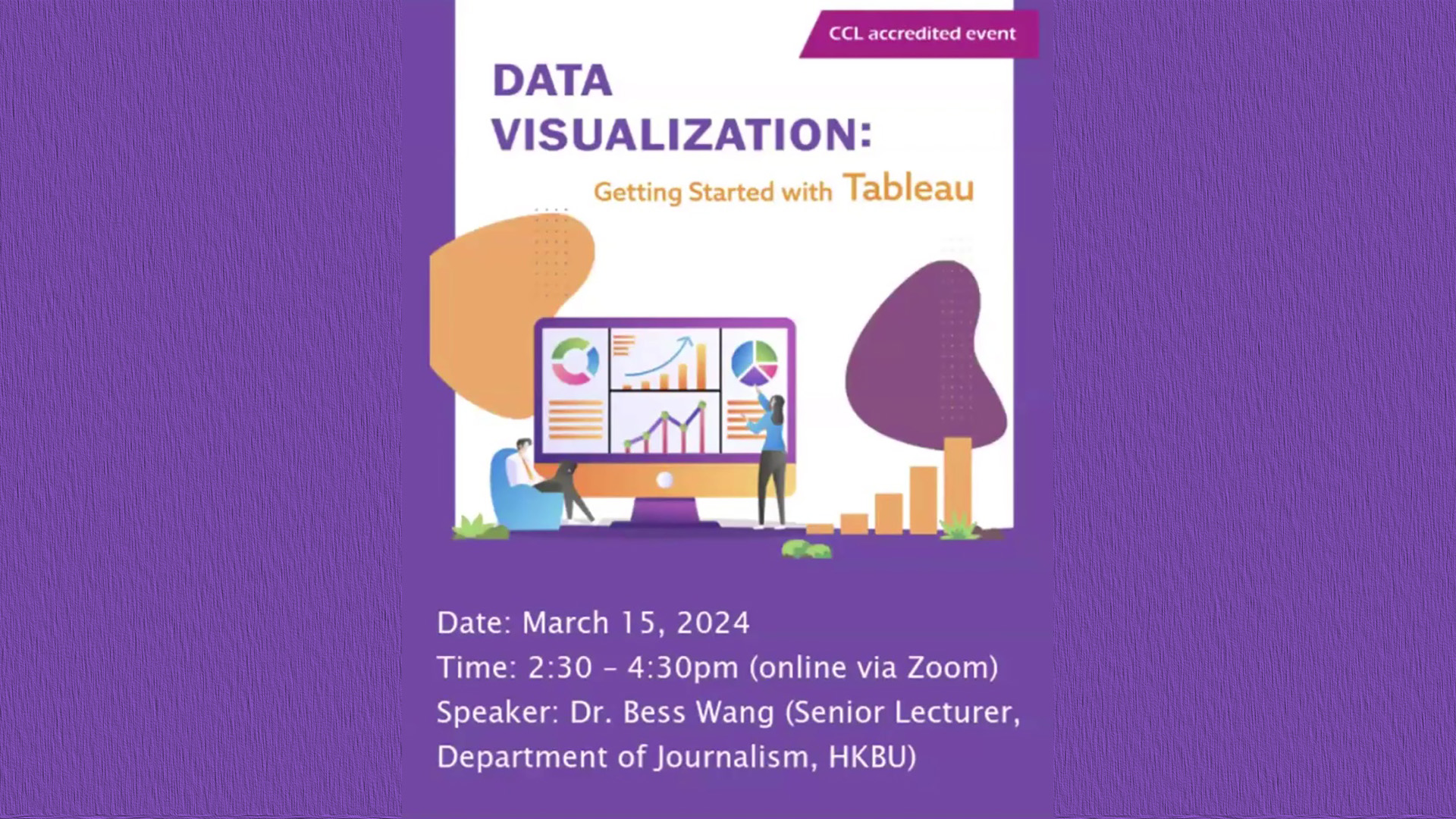
Data Visualization: Getting Started with Tableau
2024 | 125 mins






